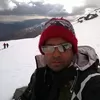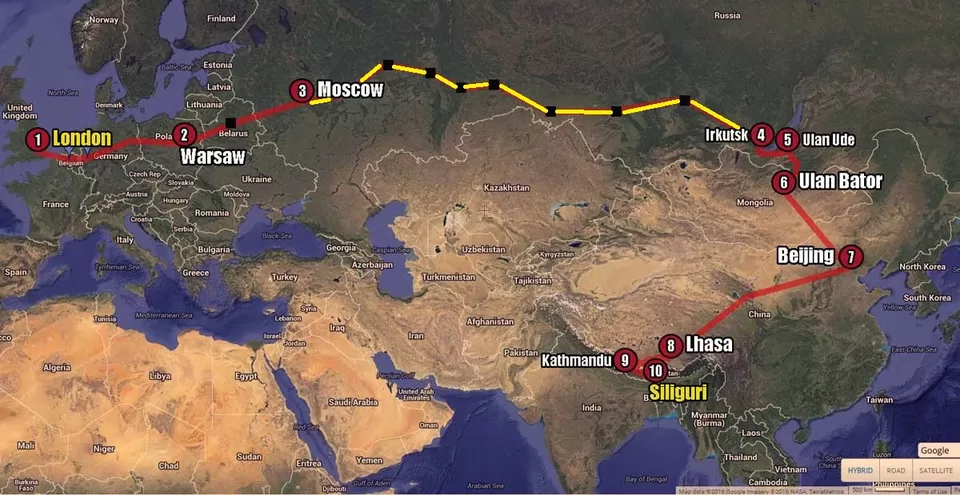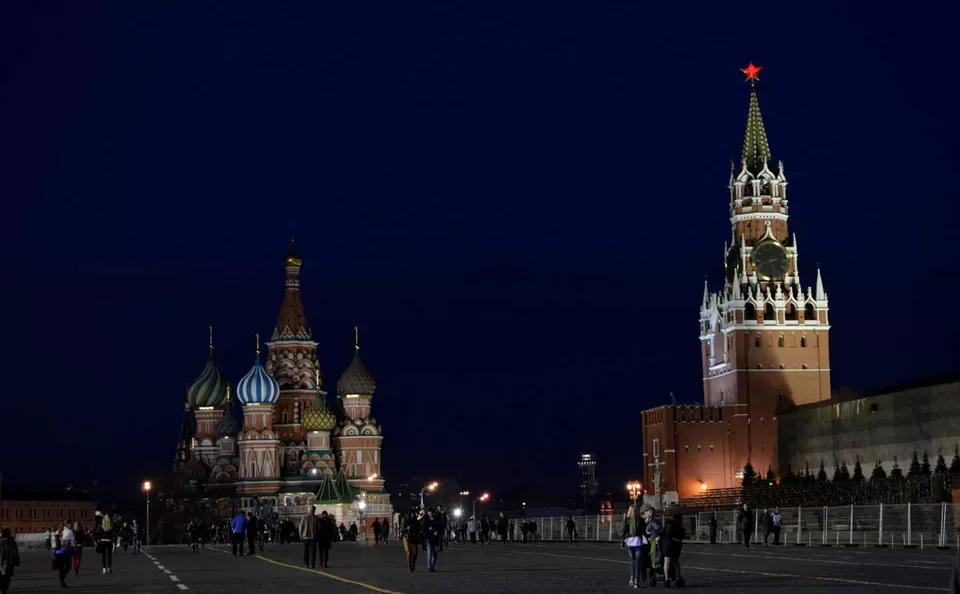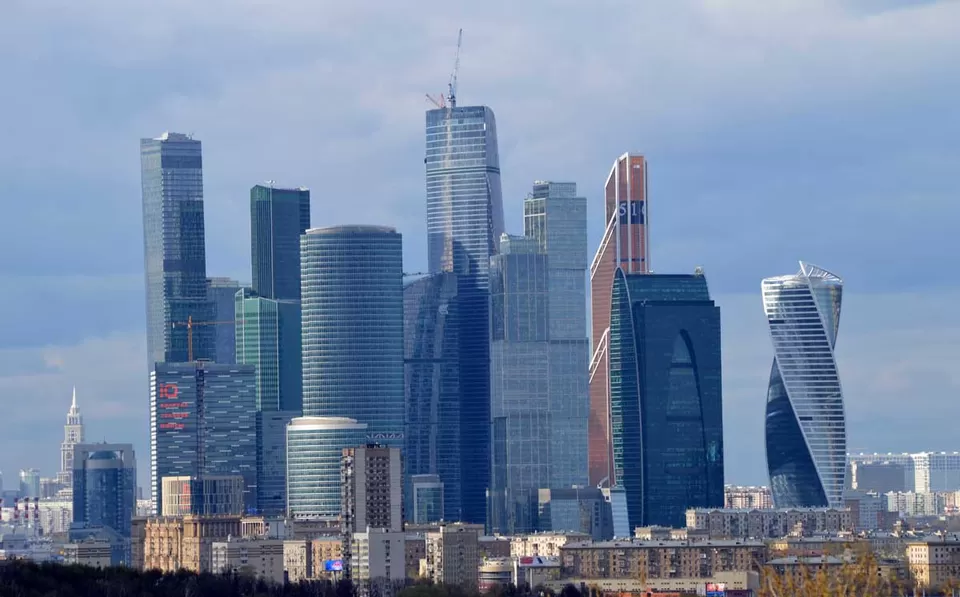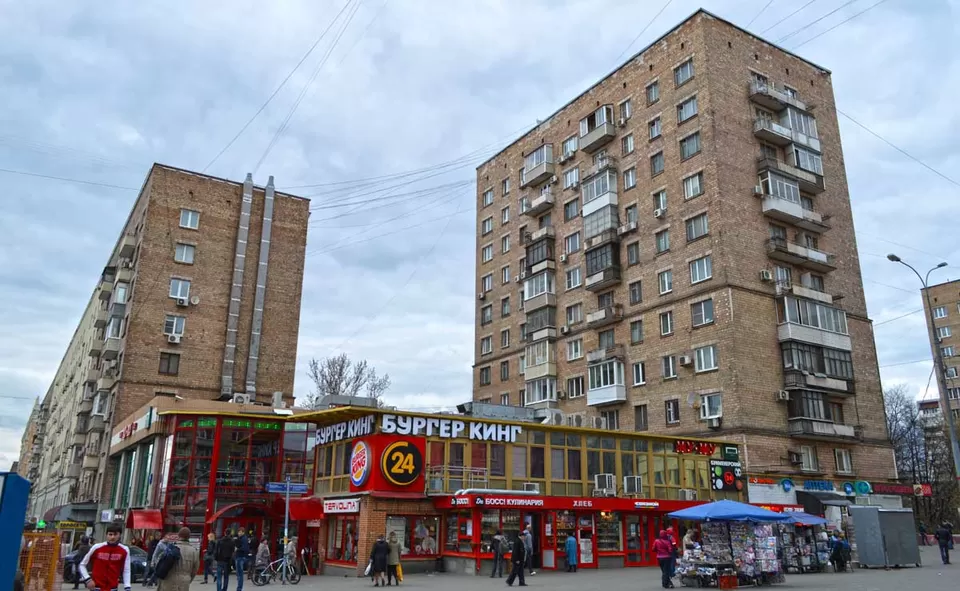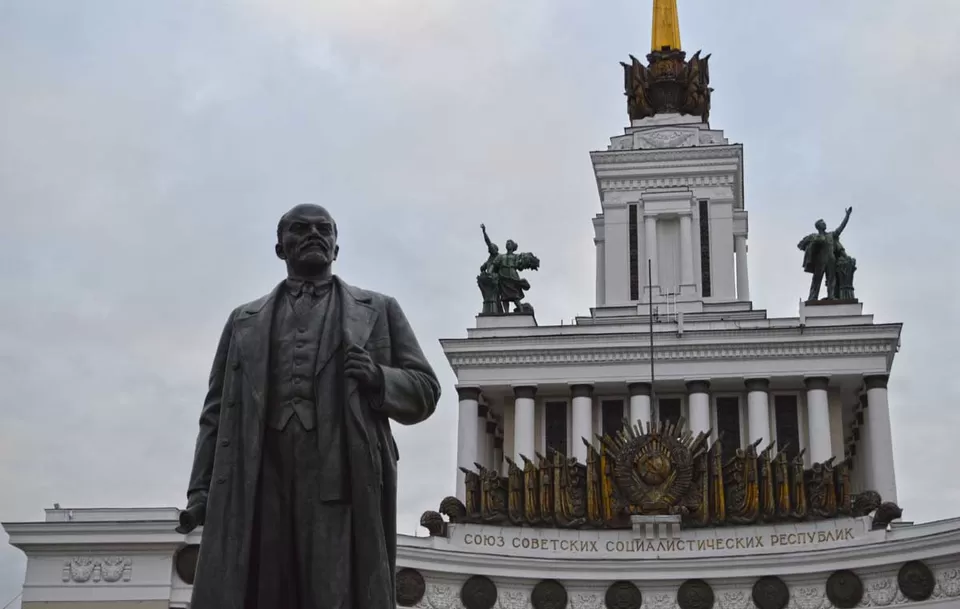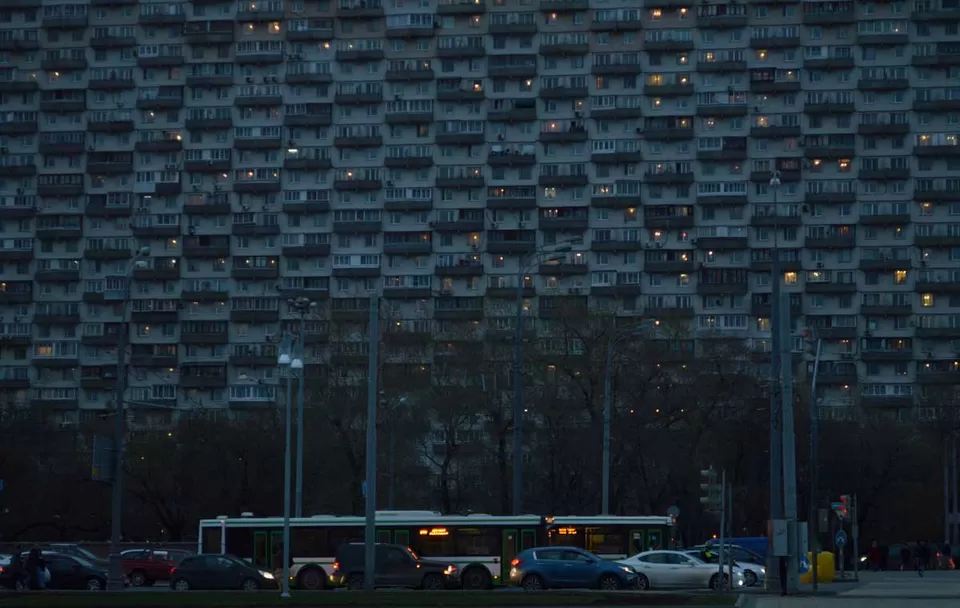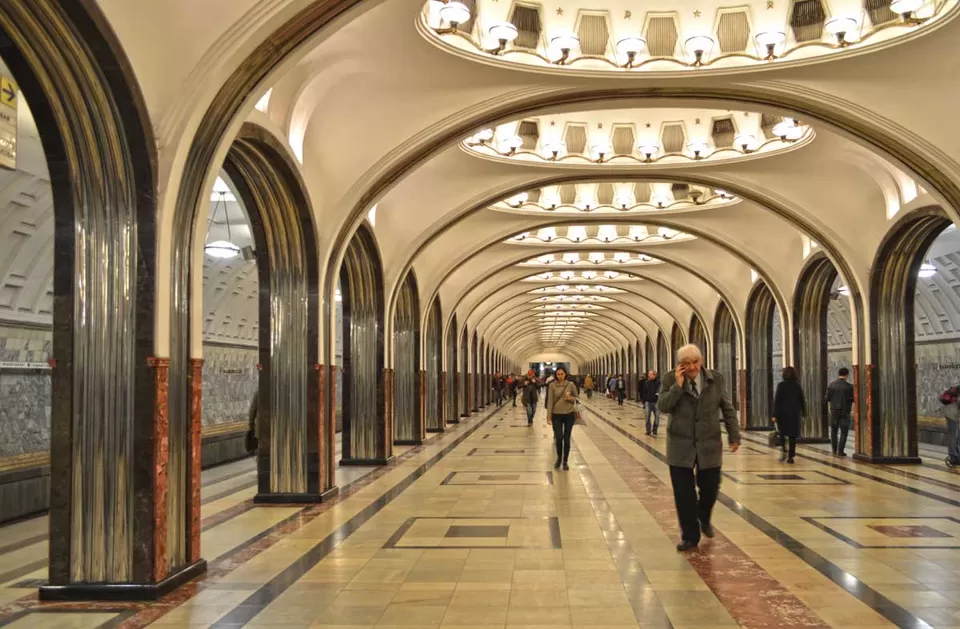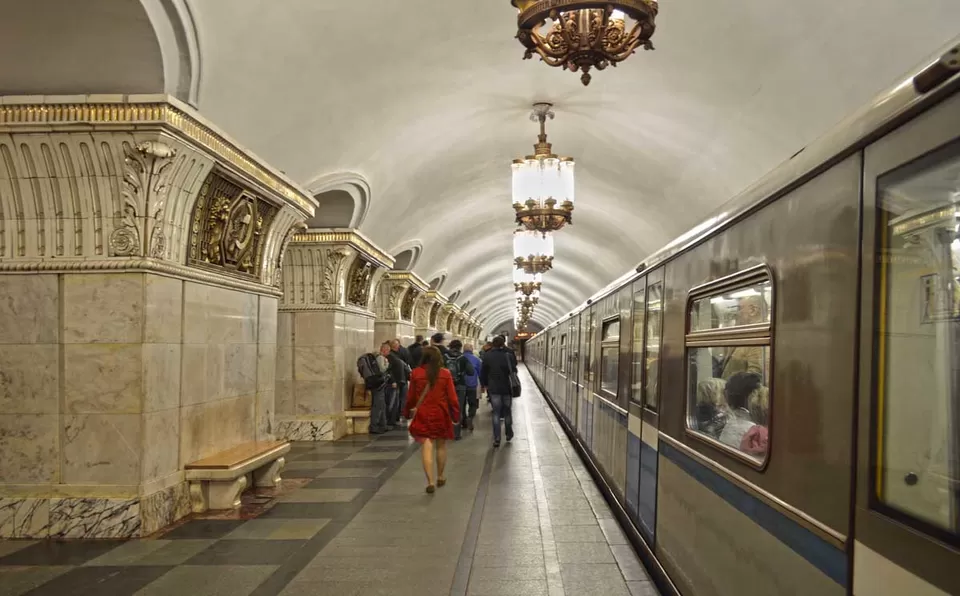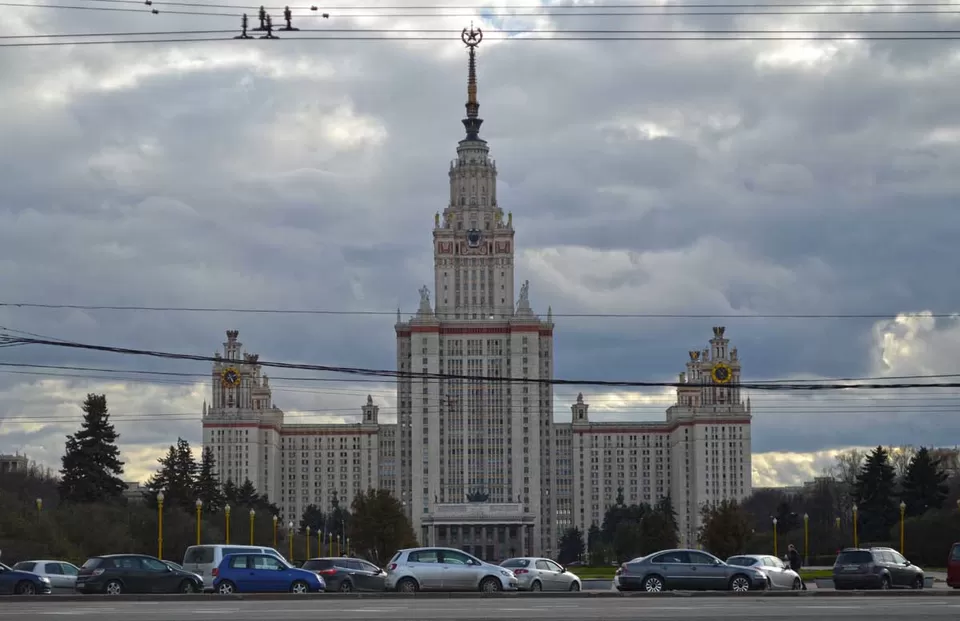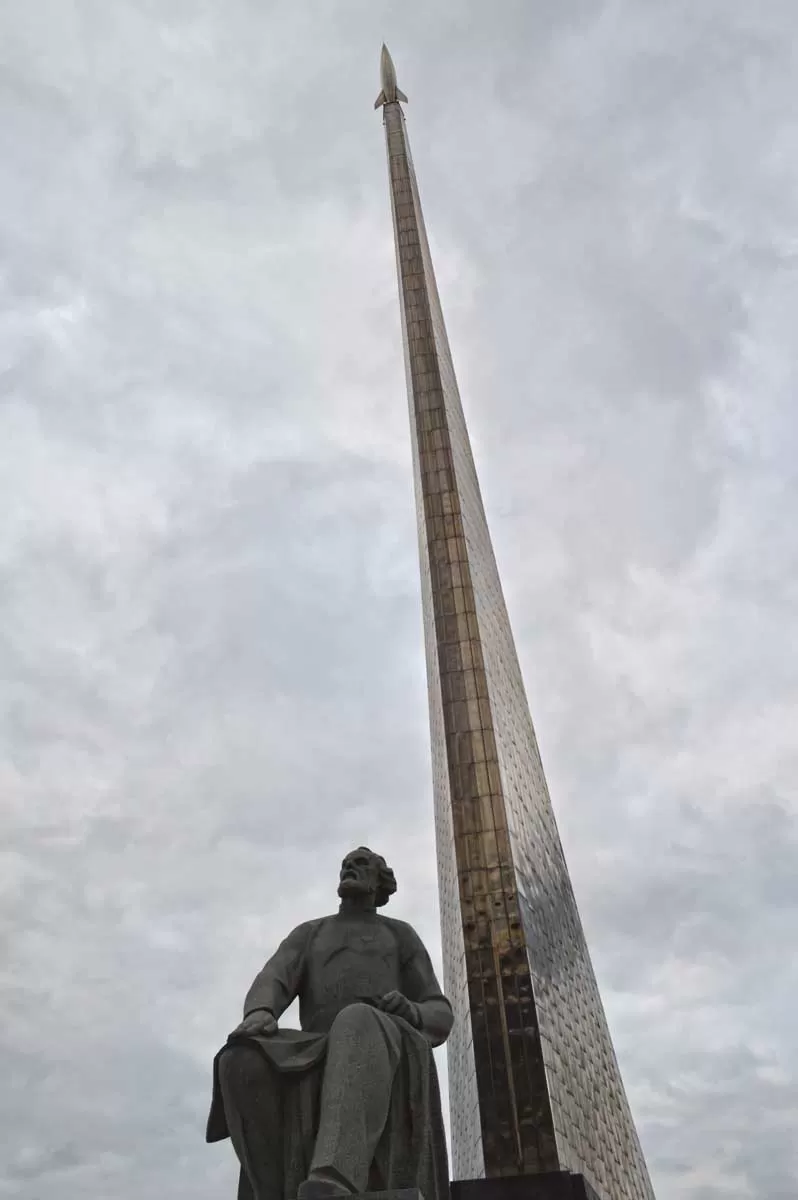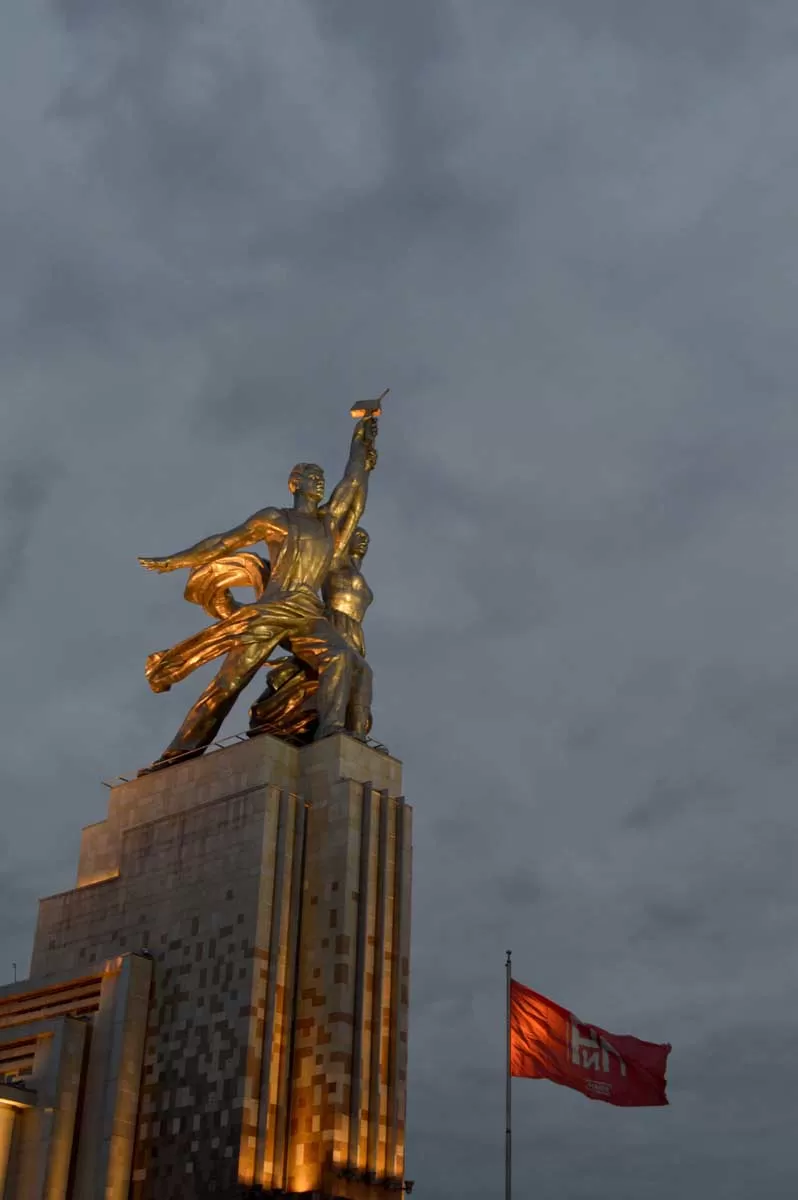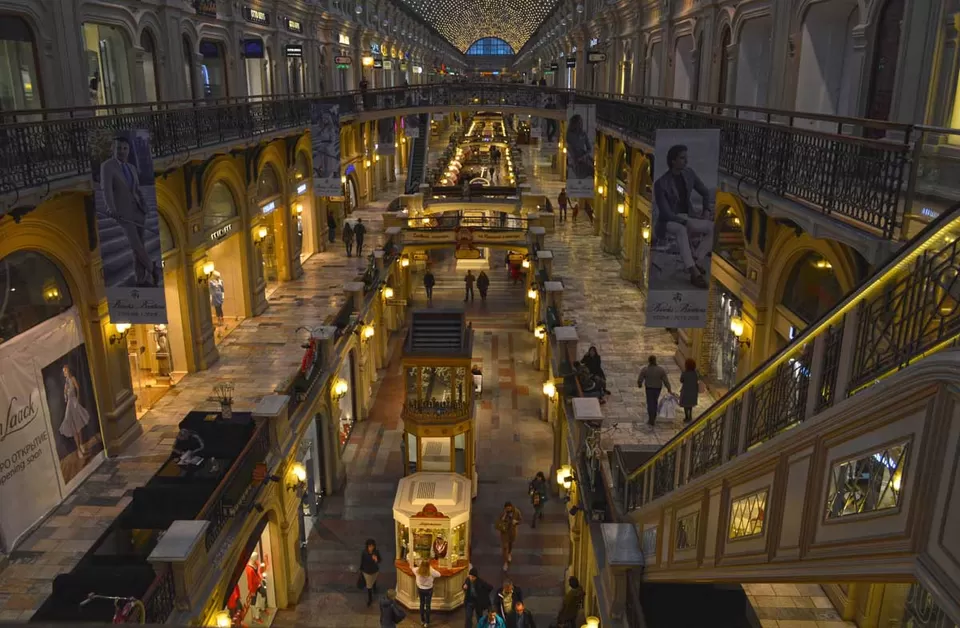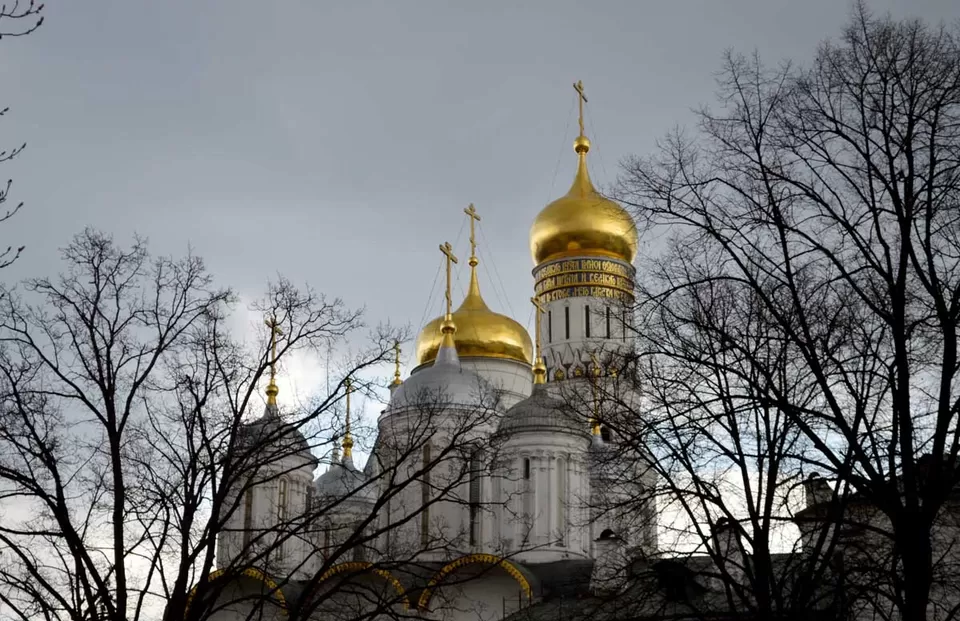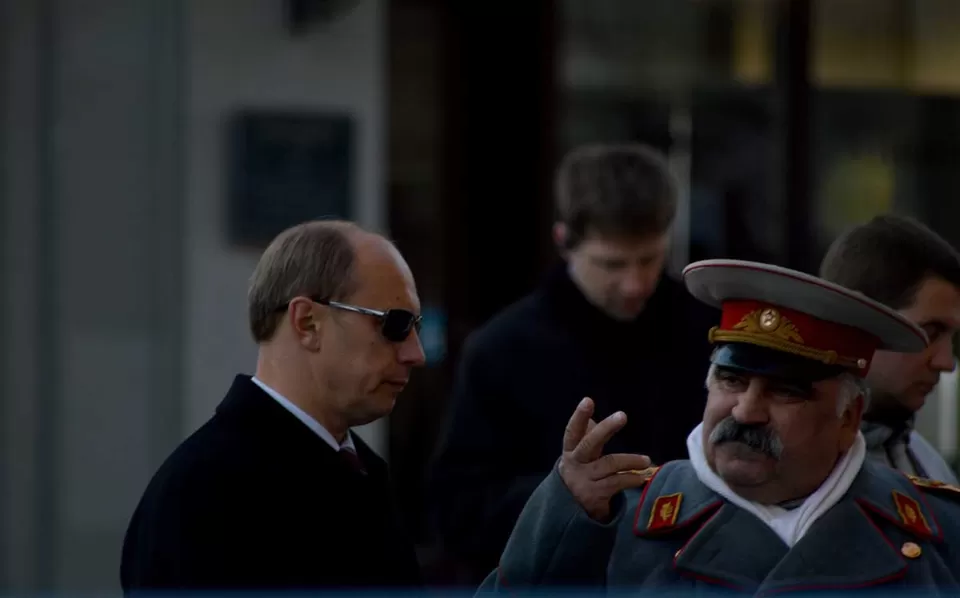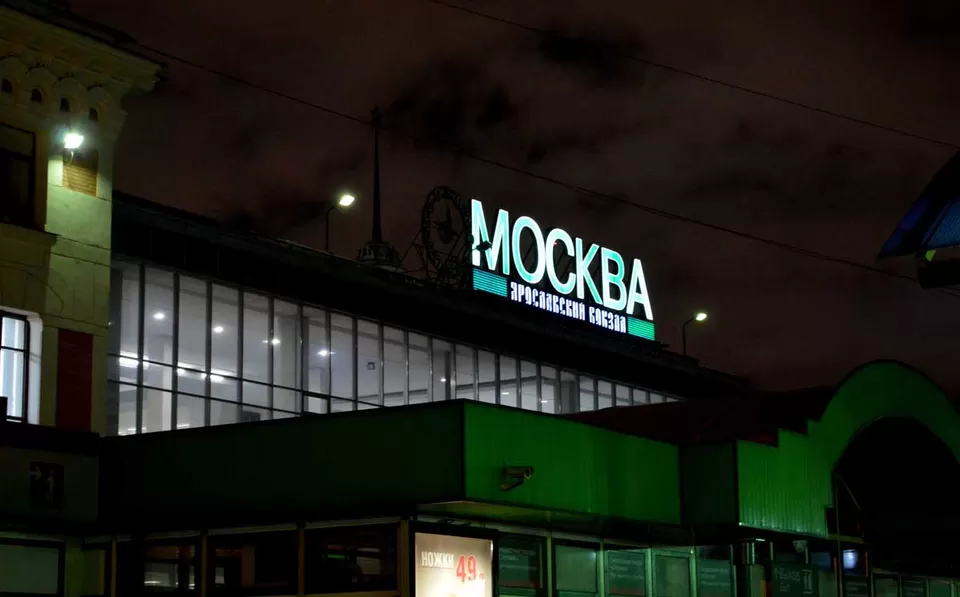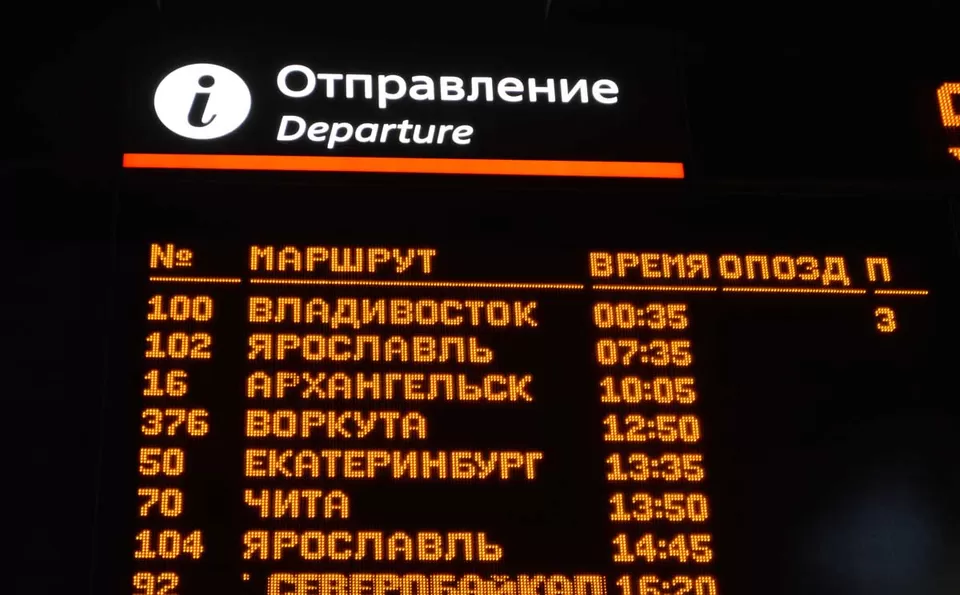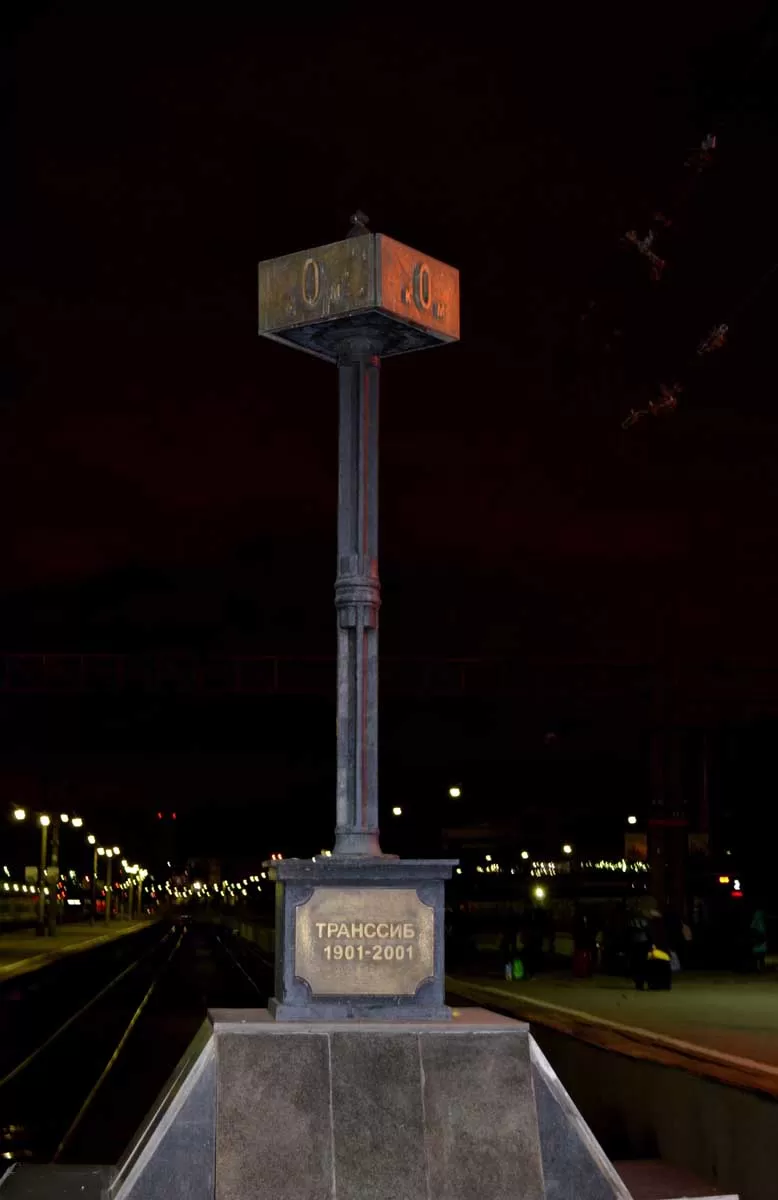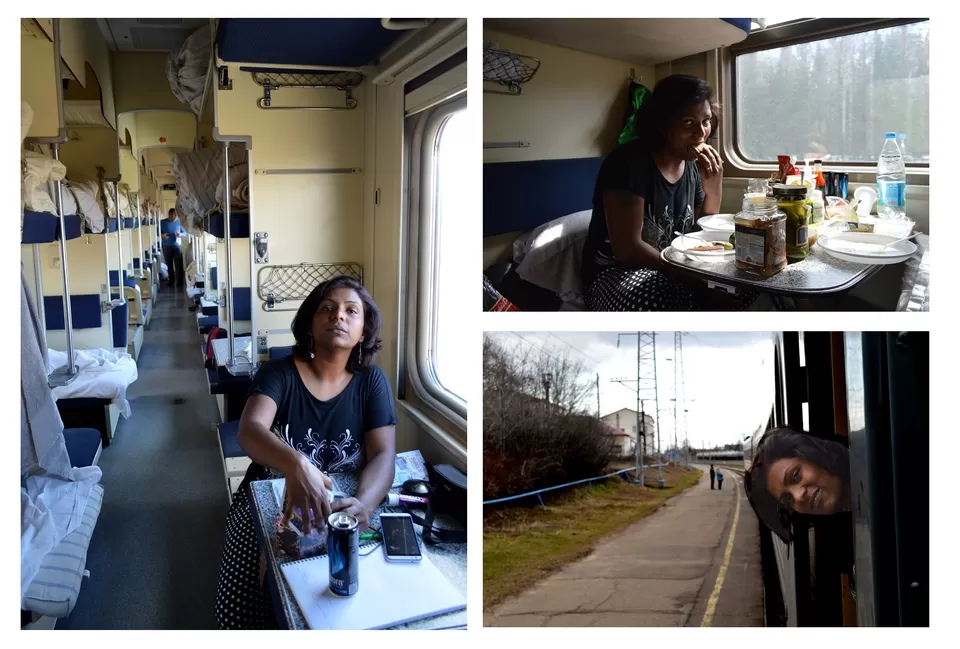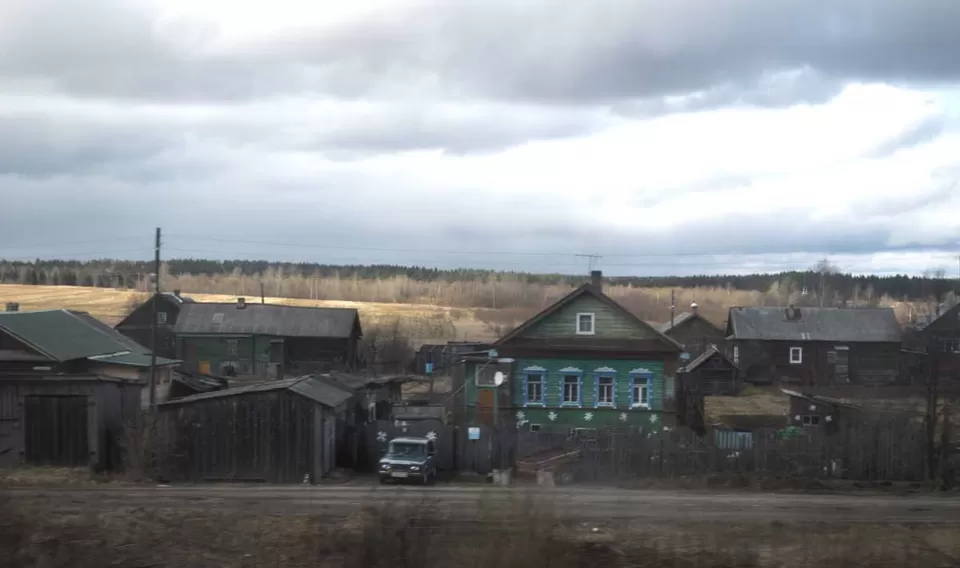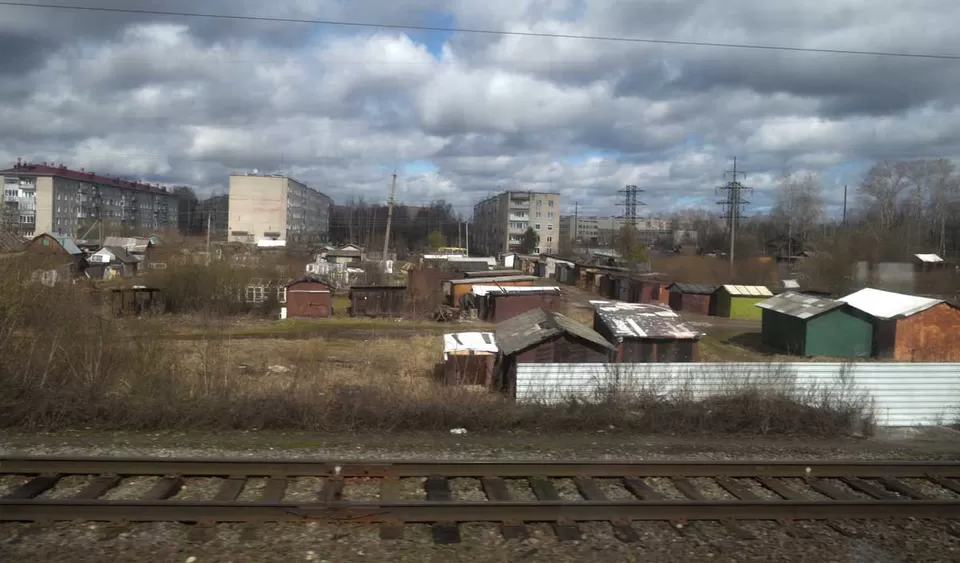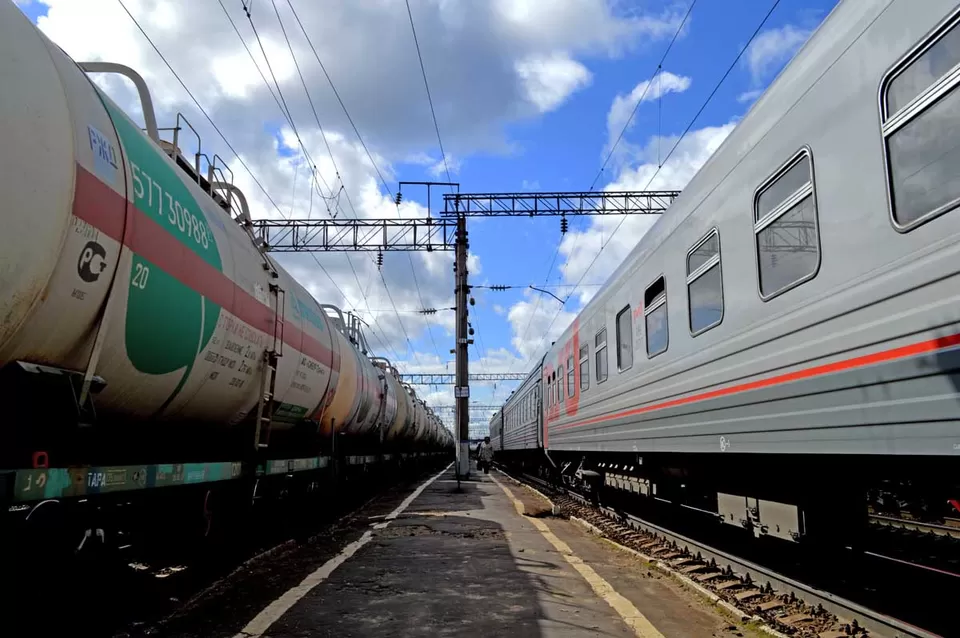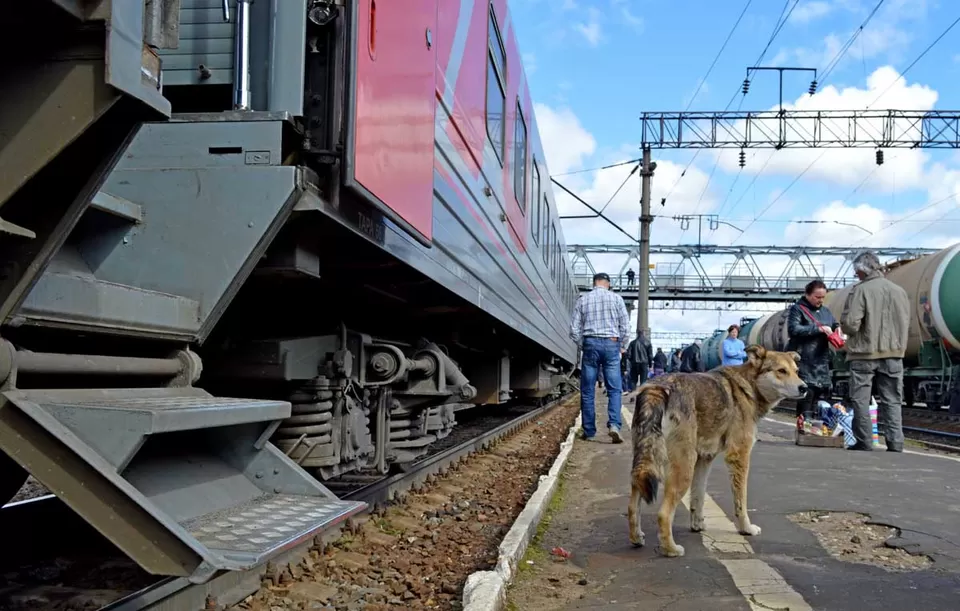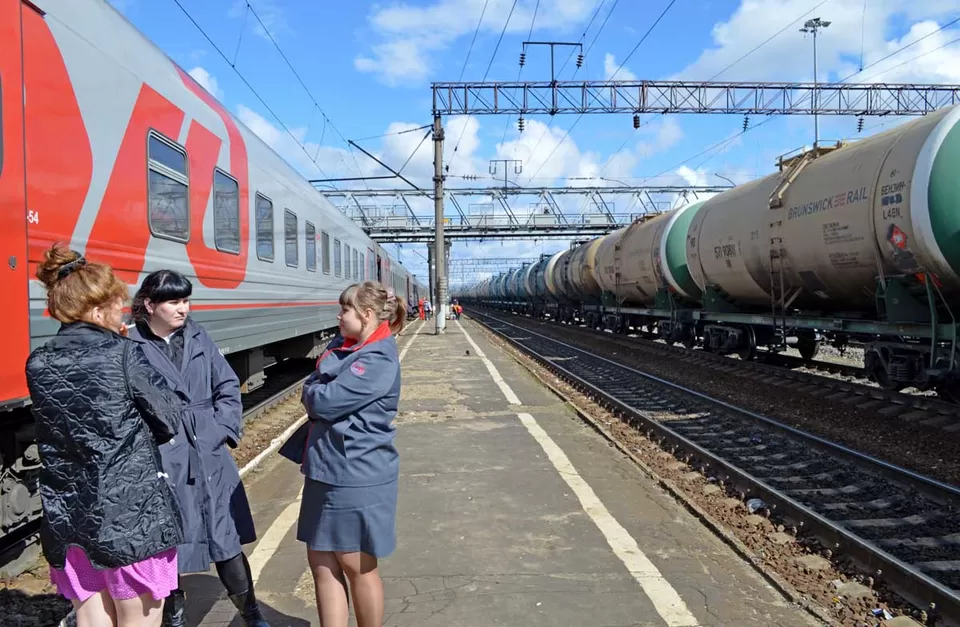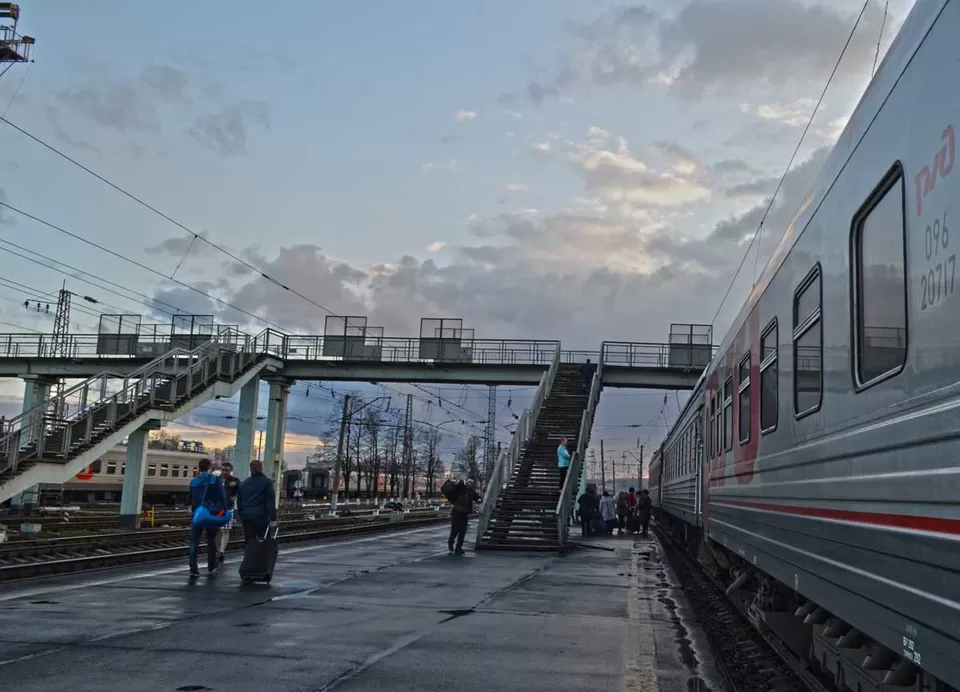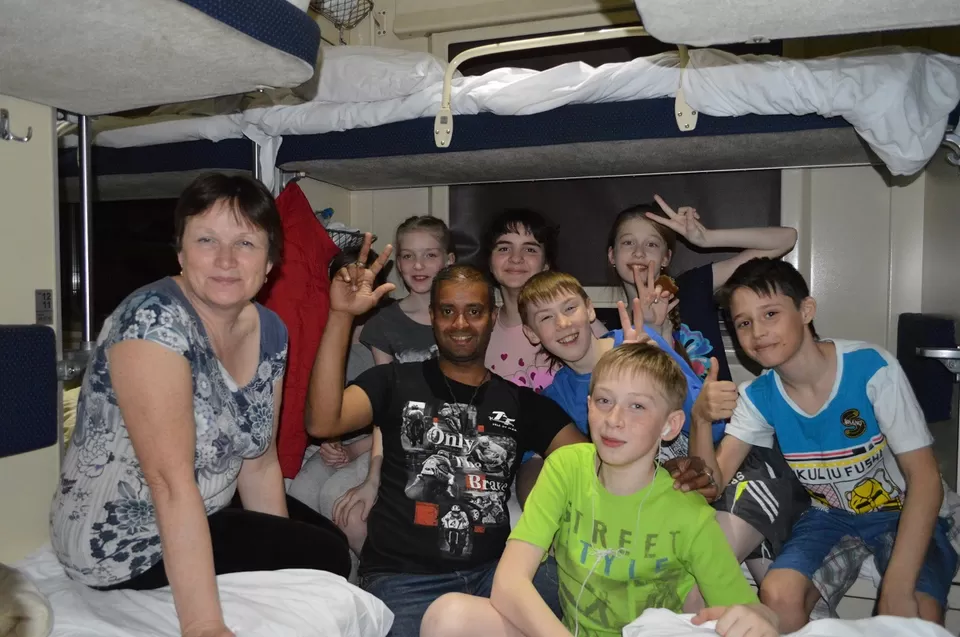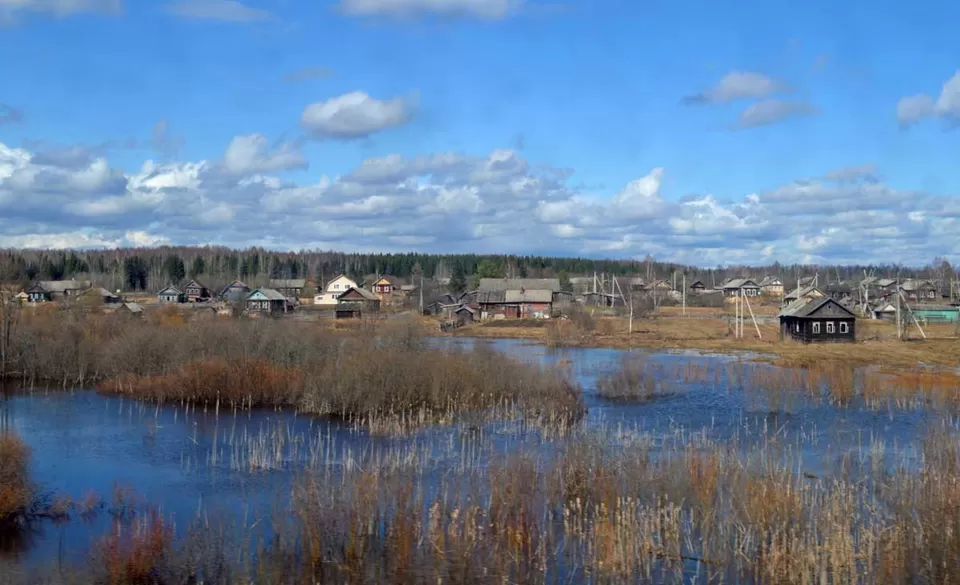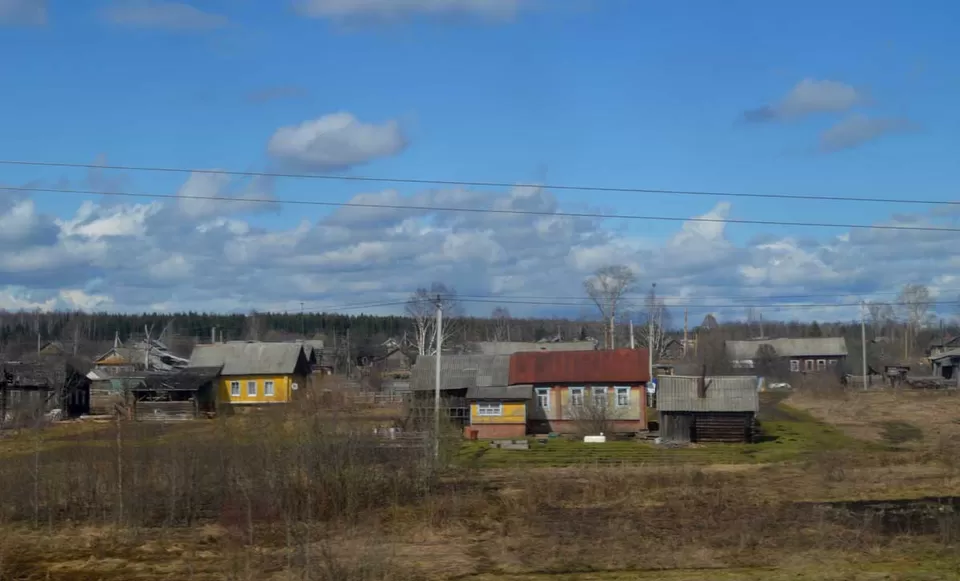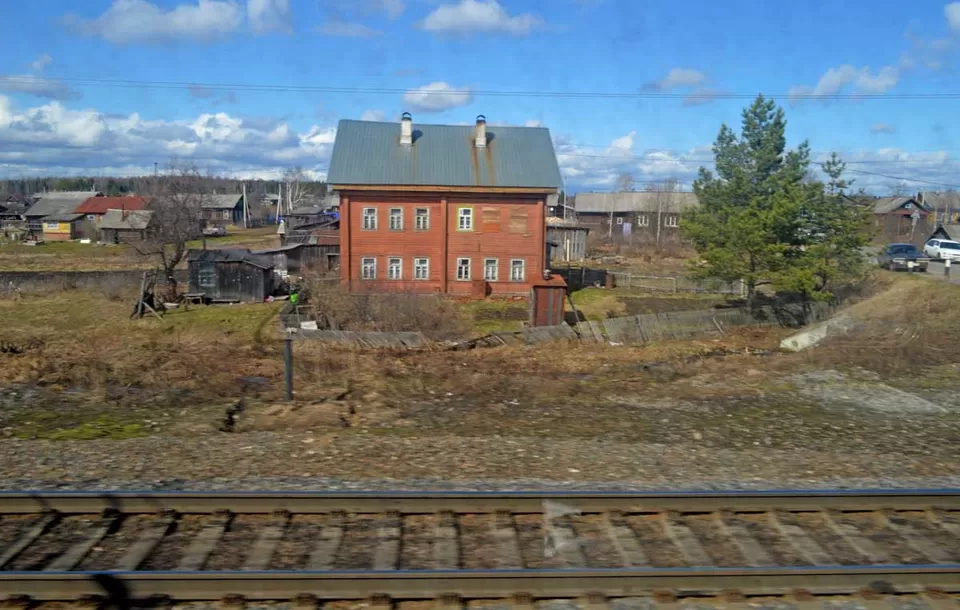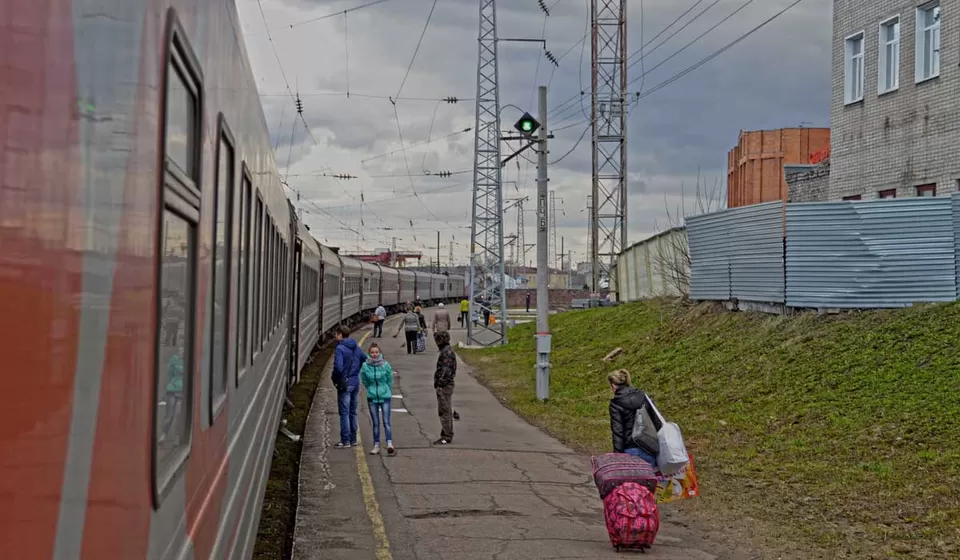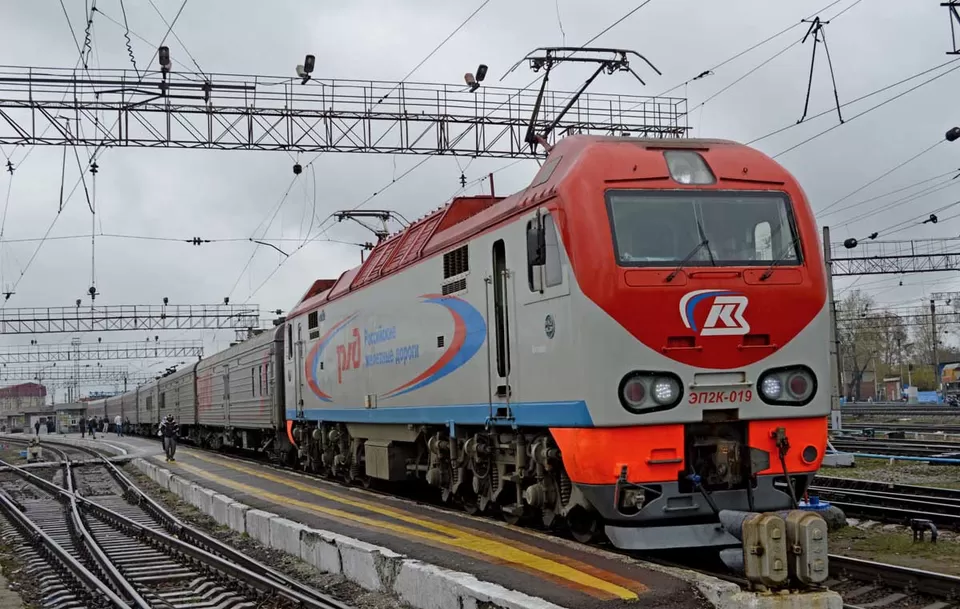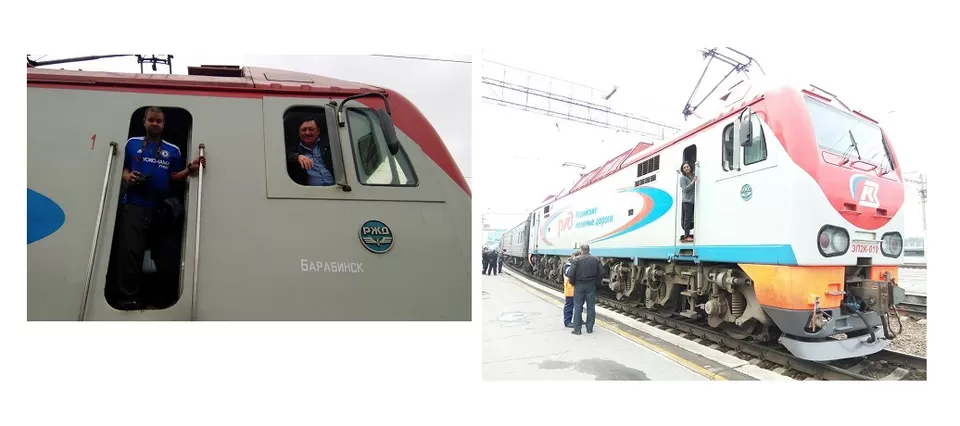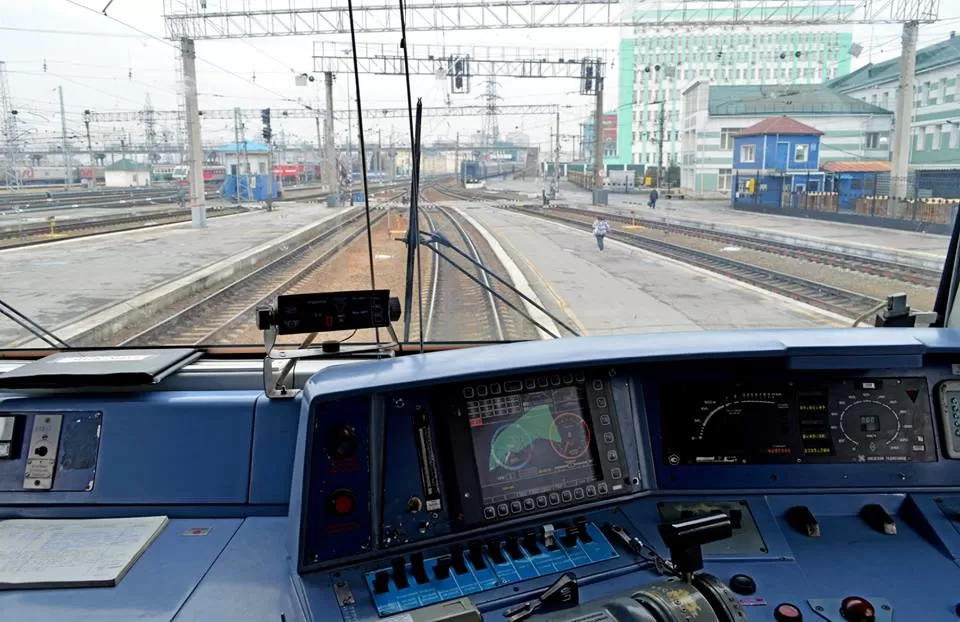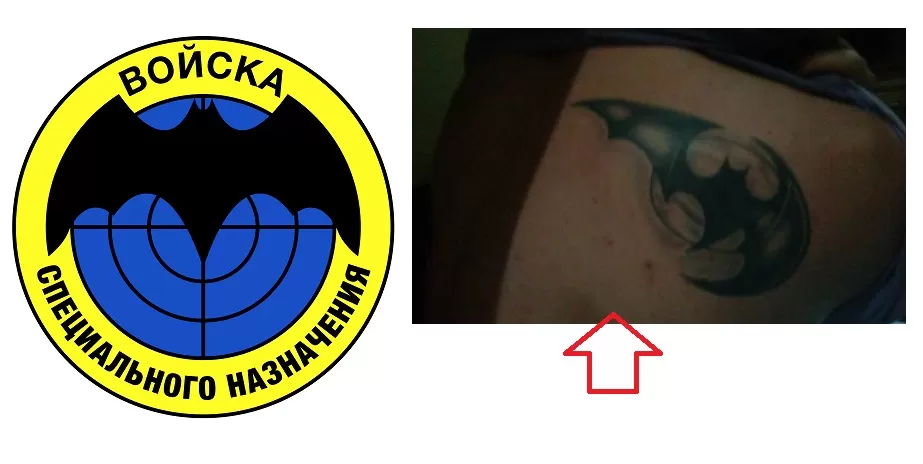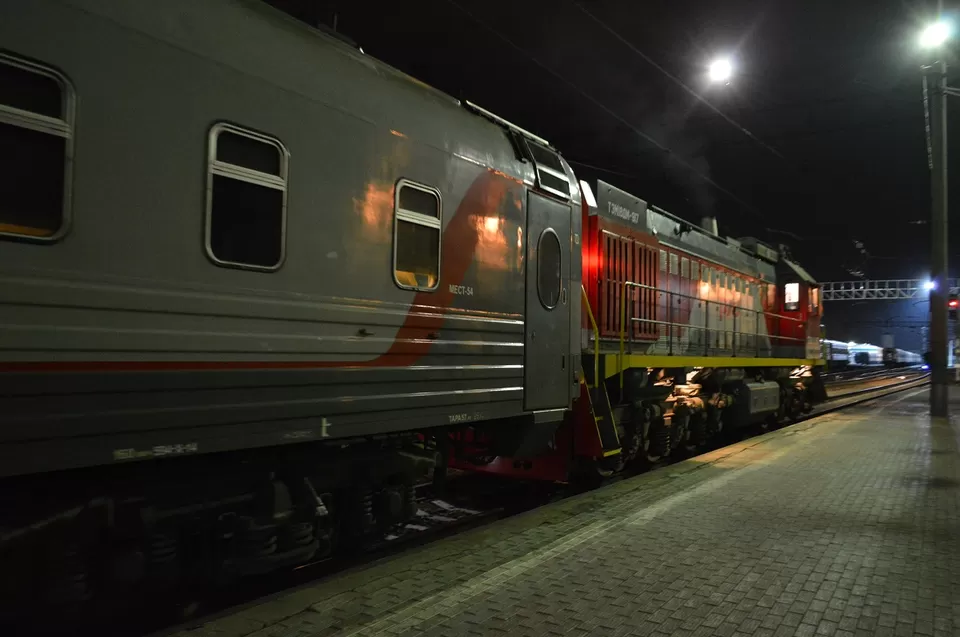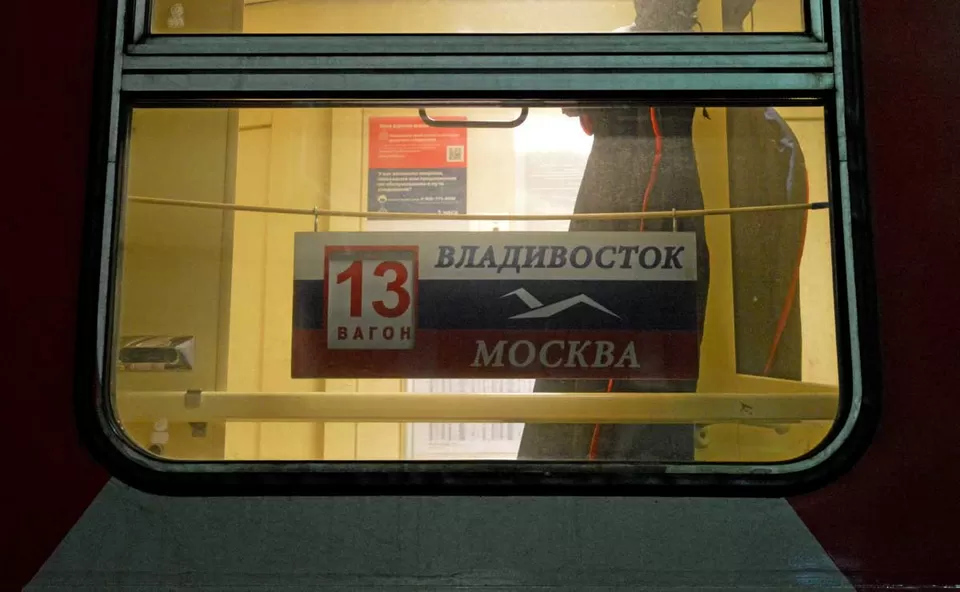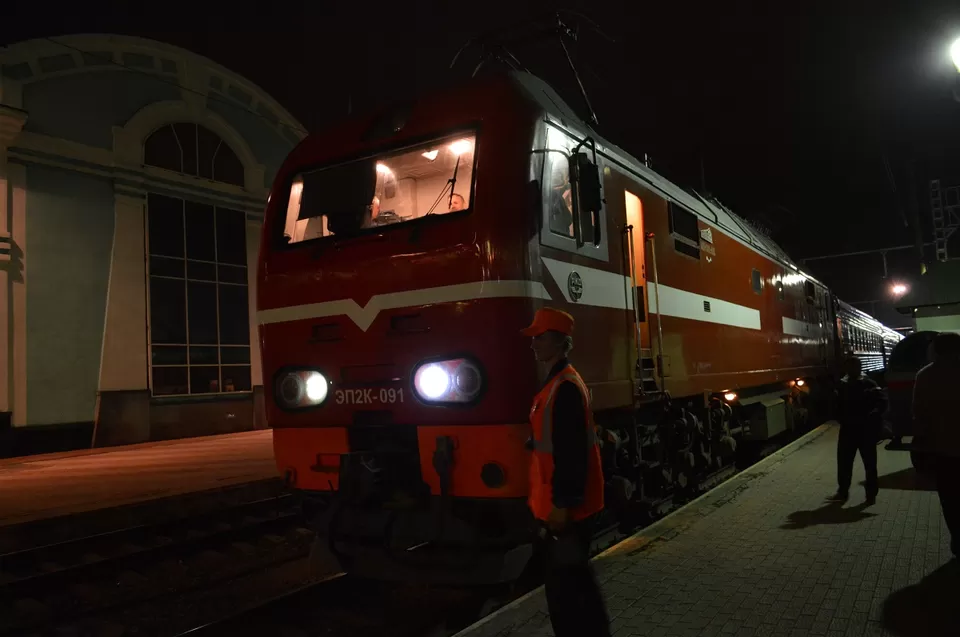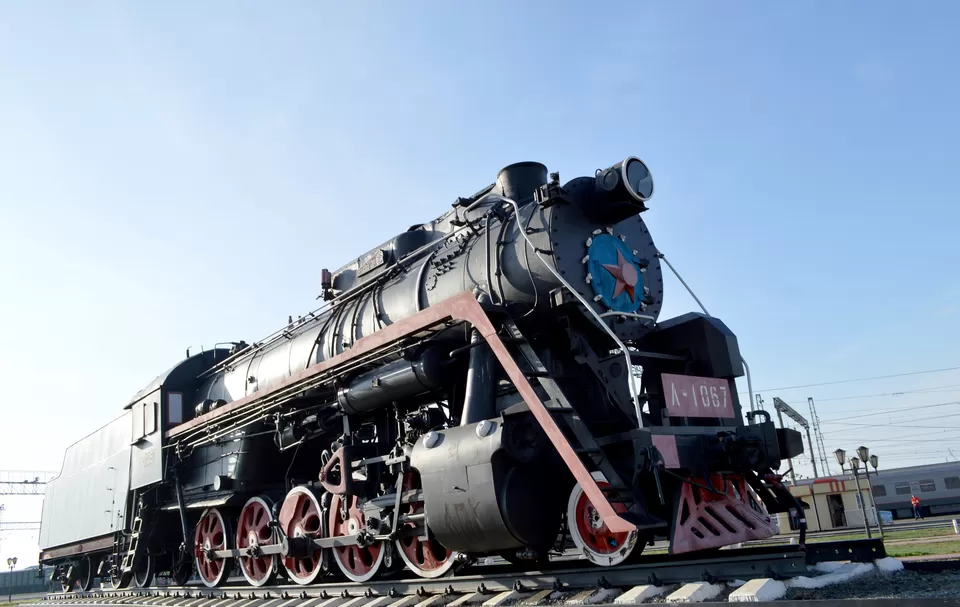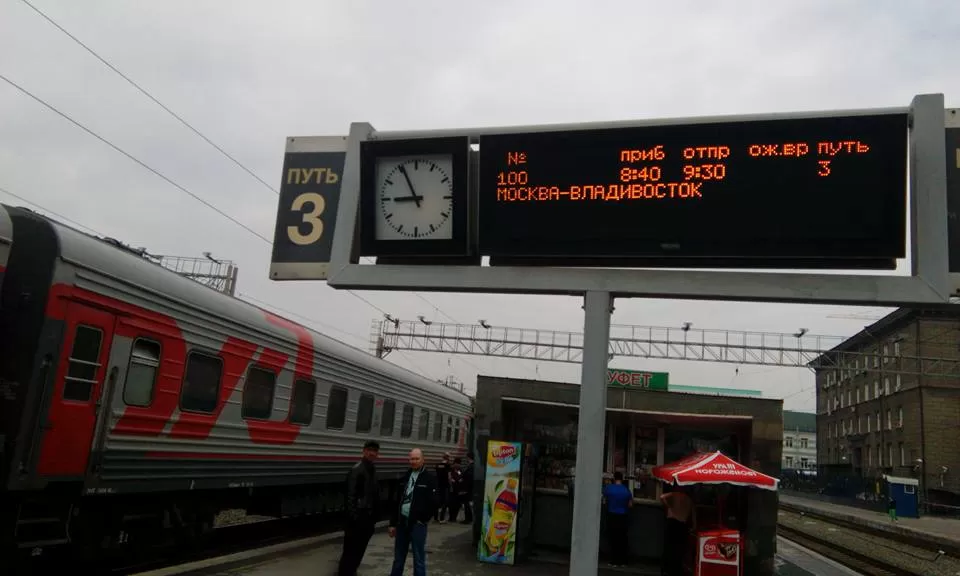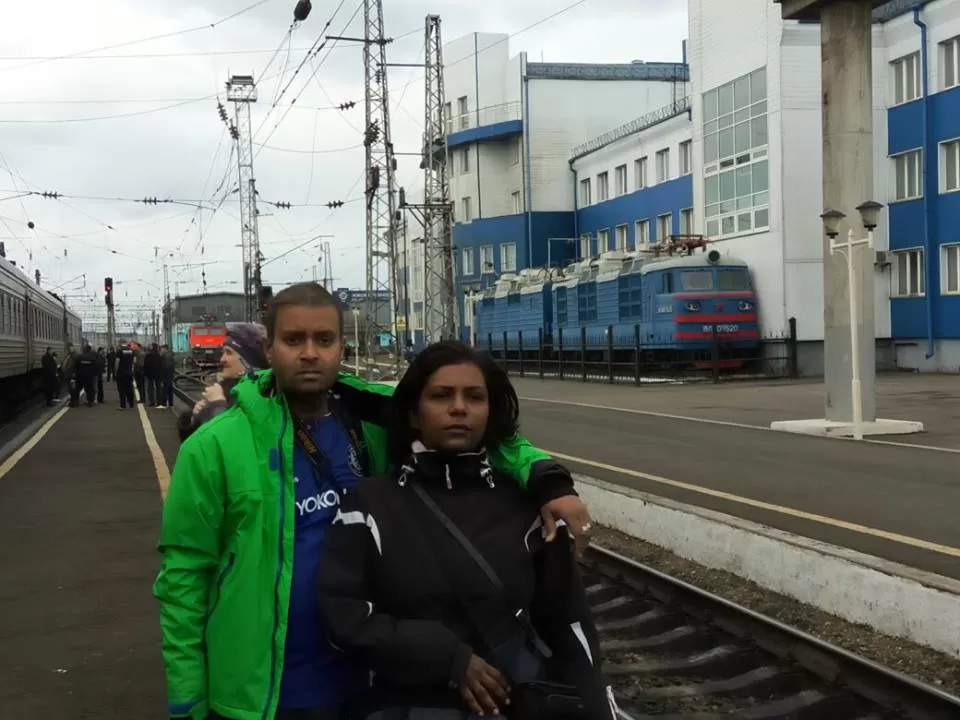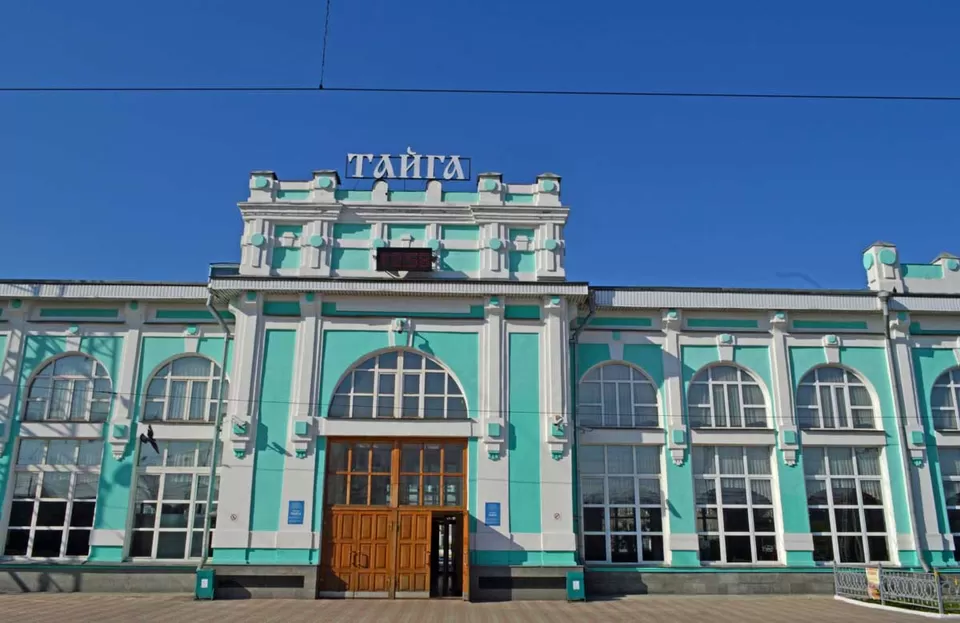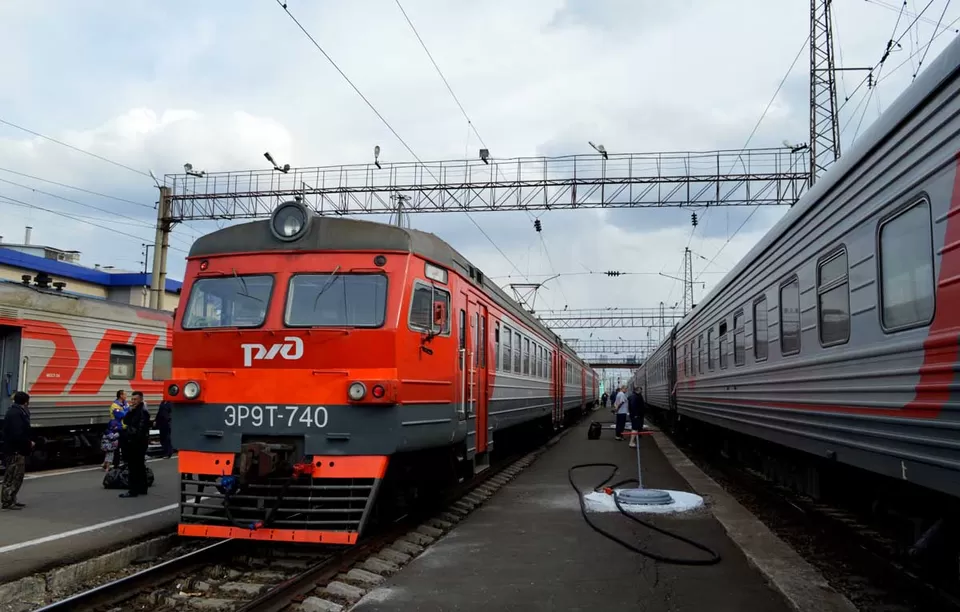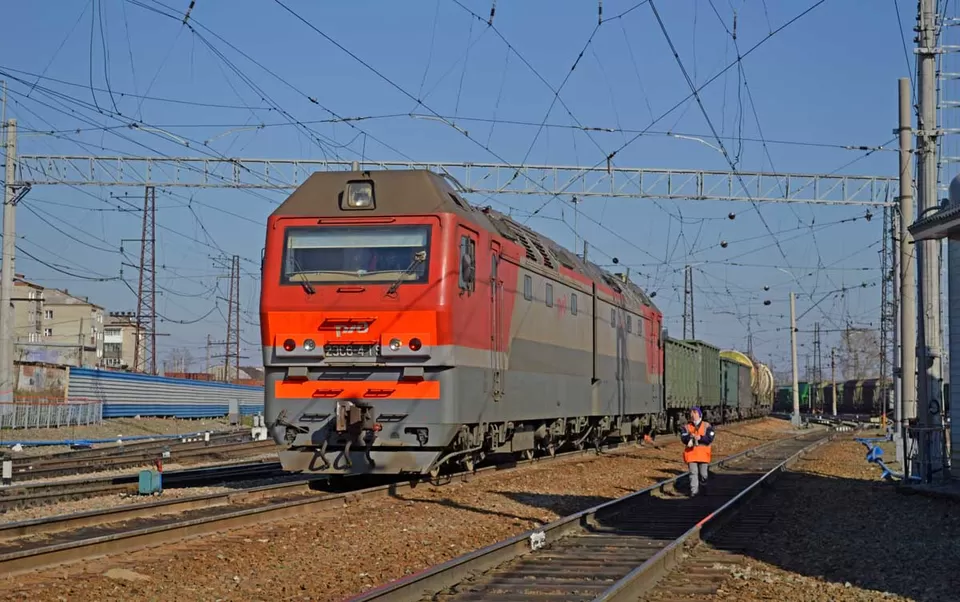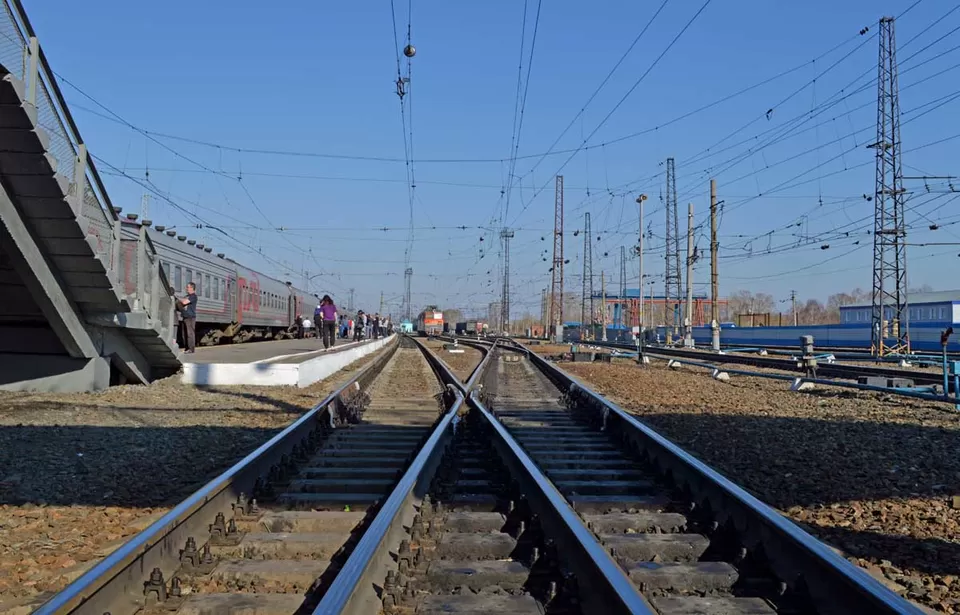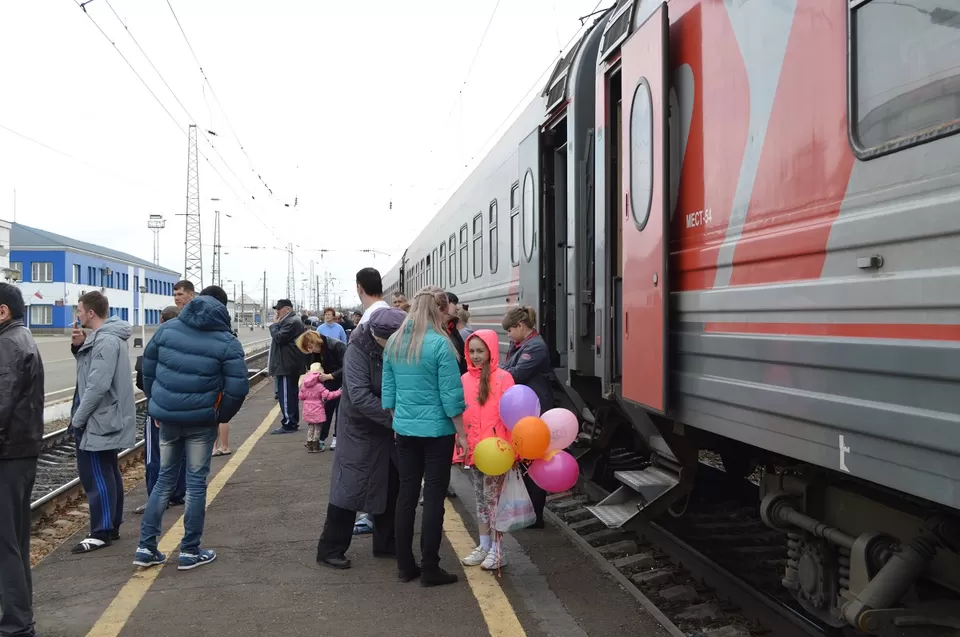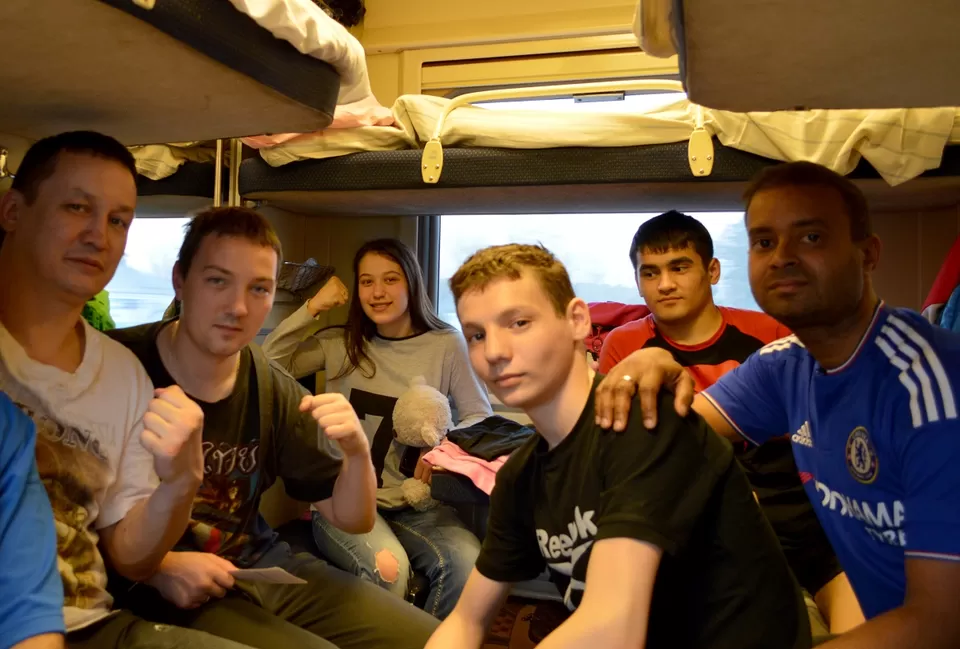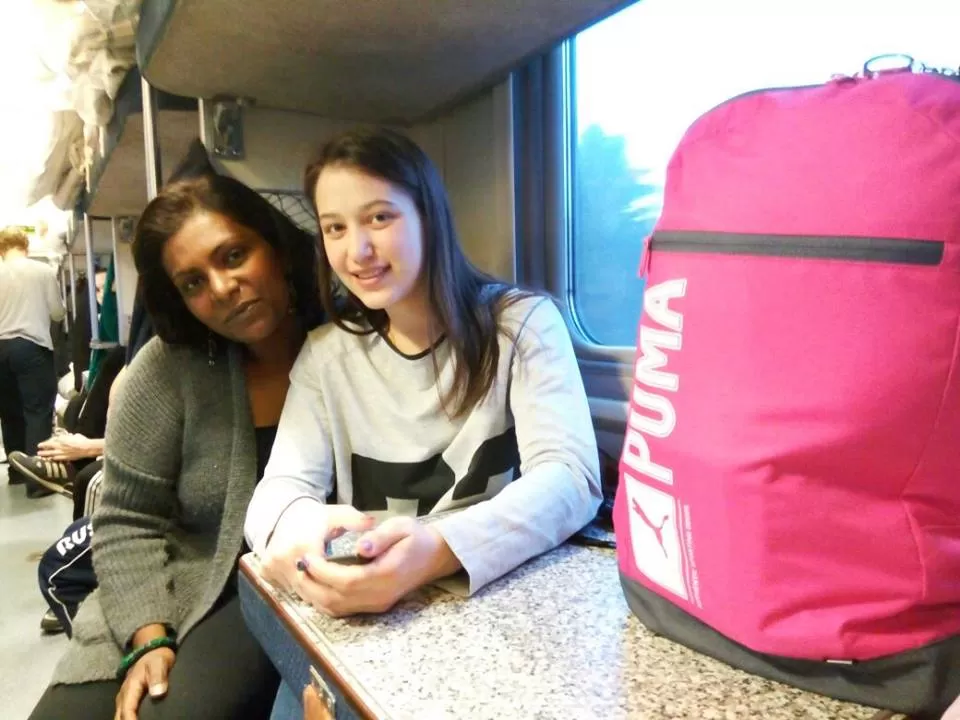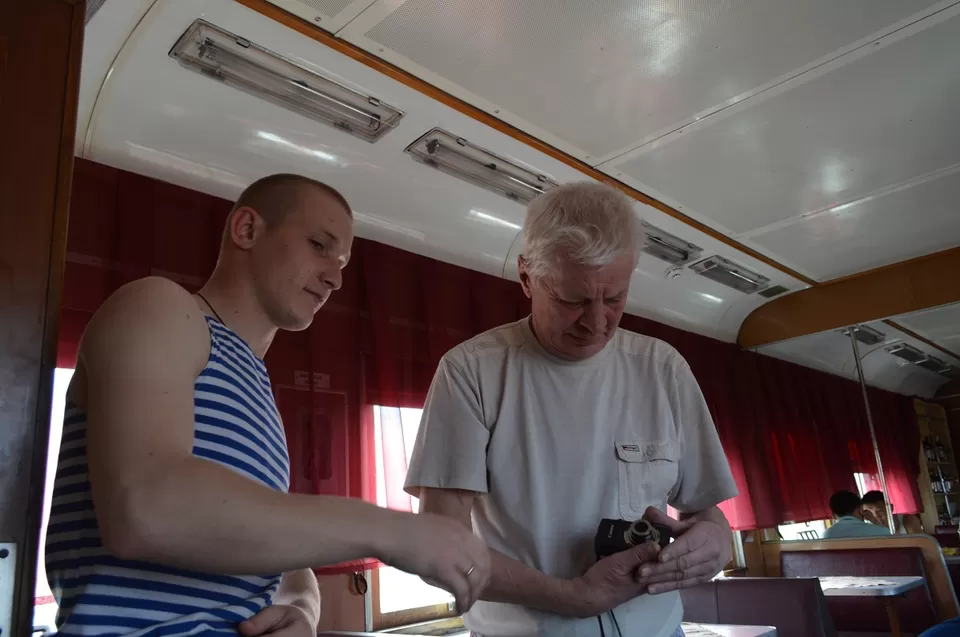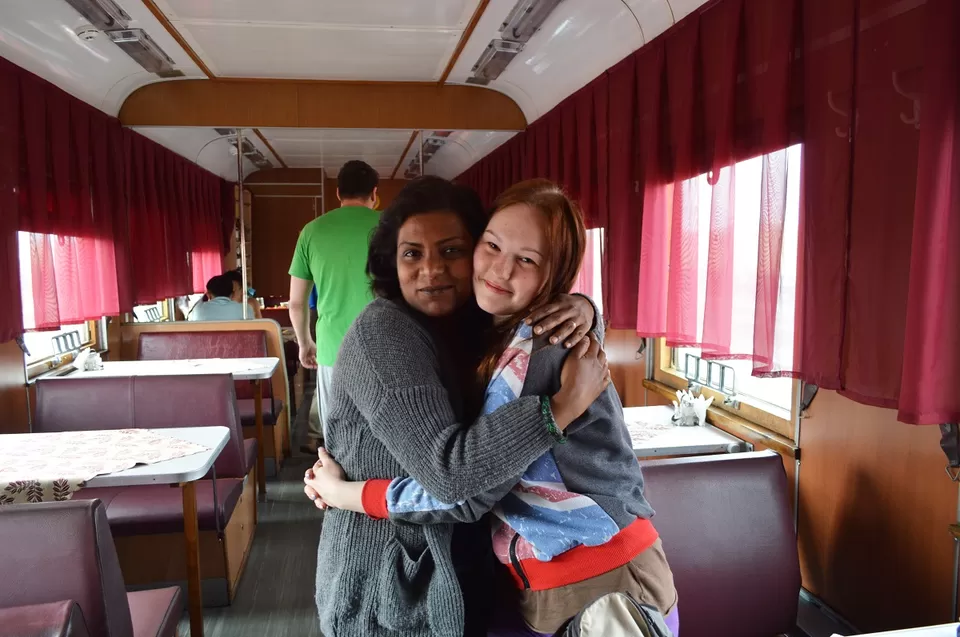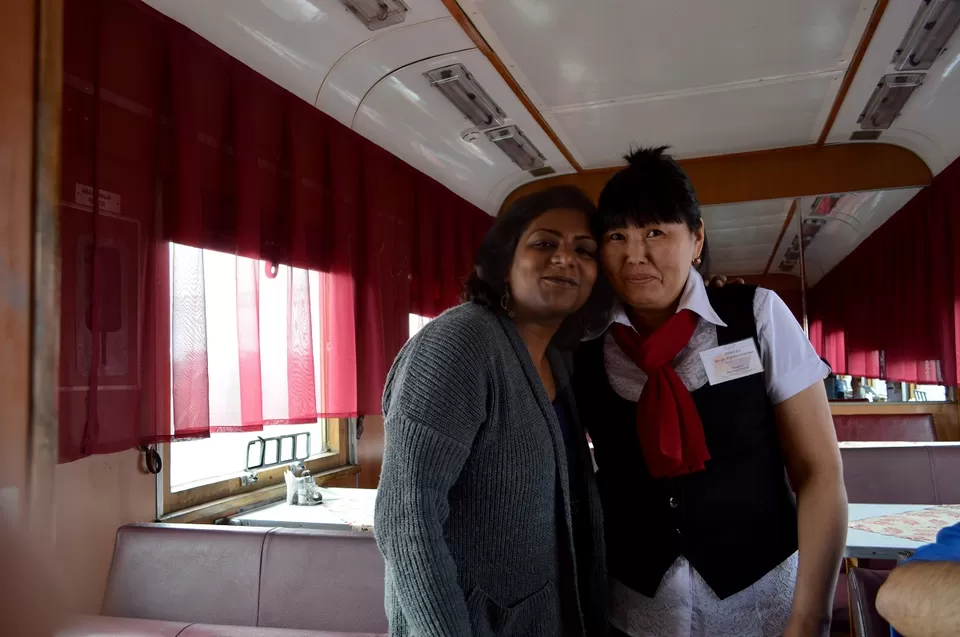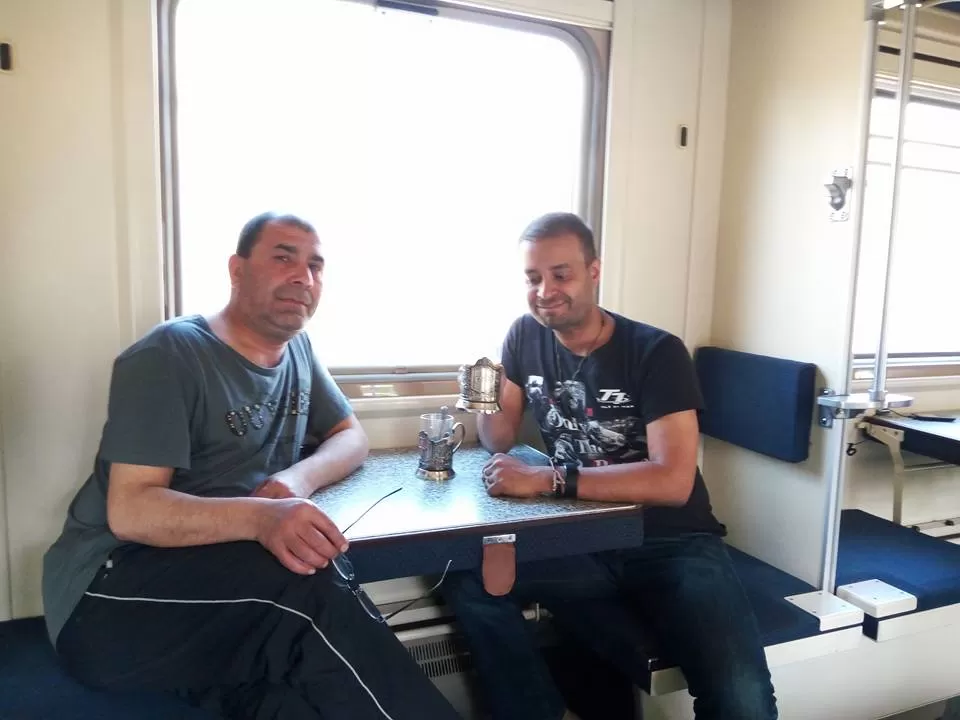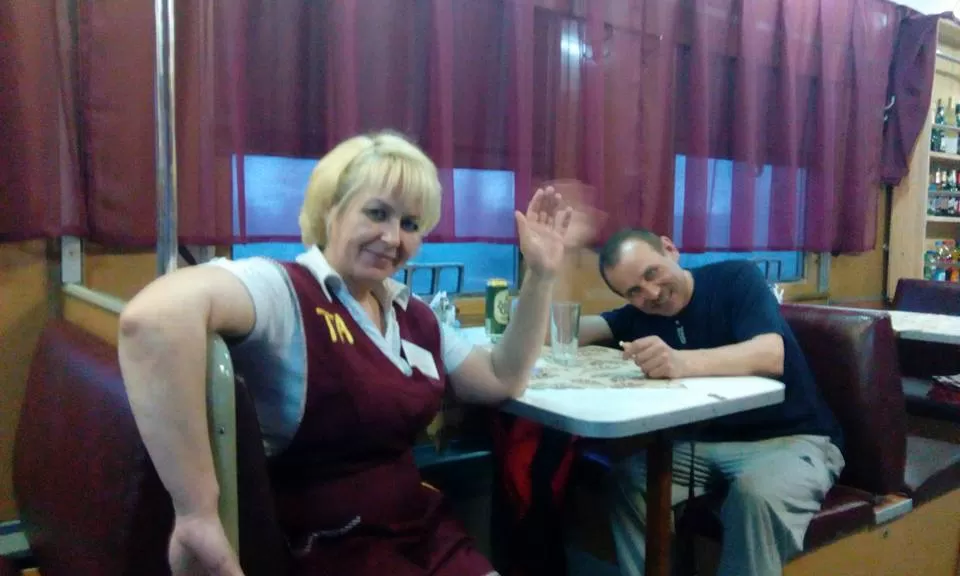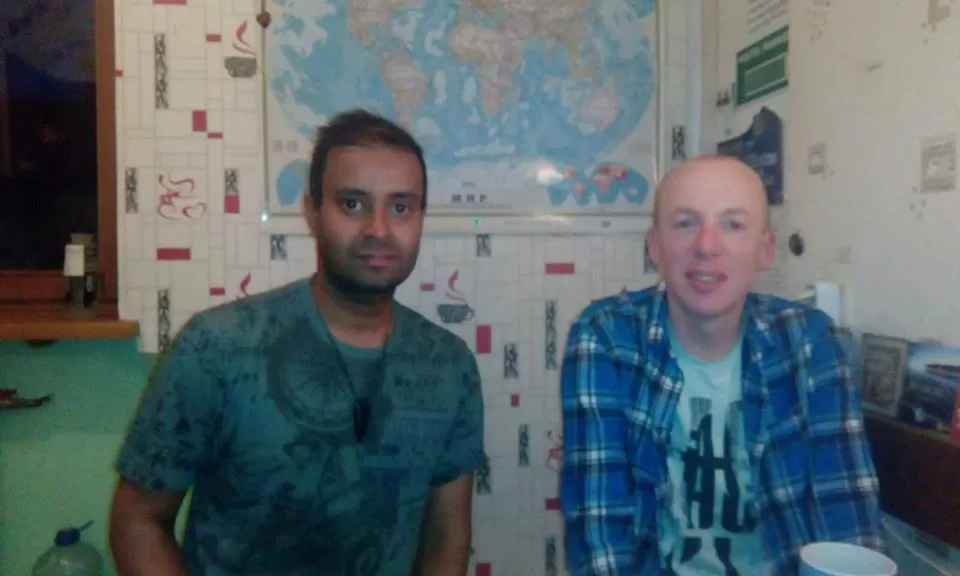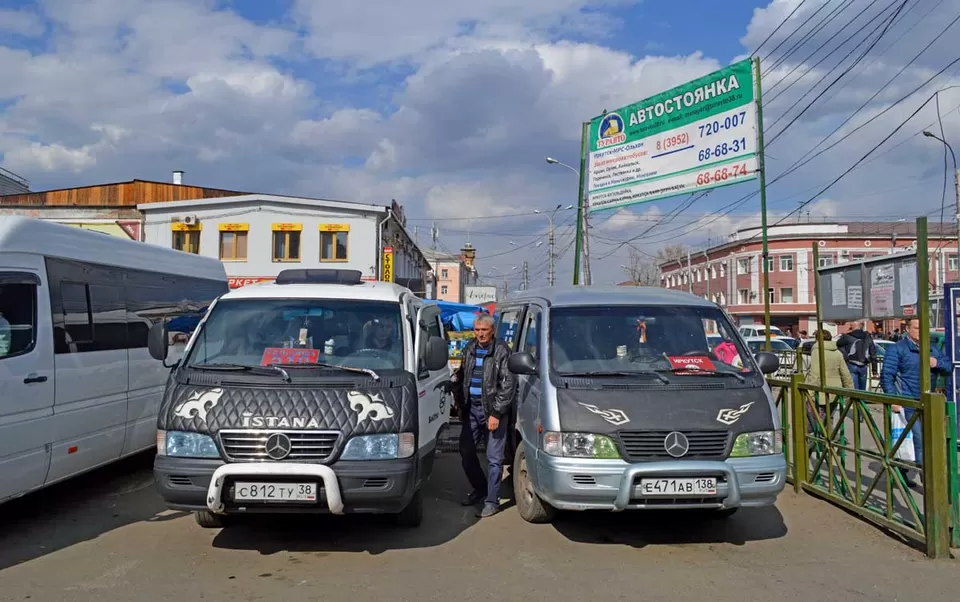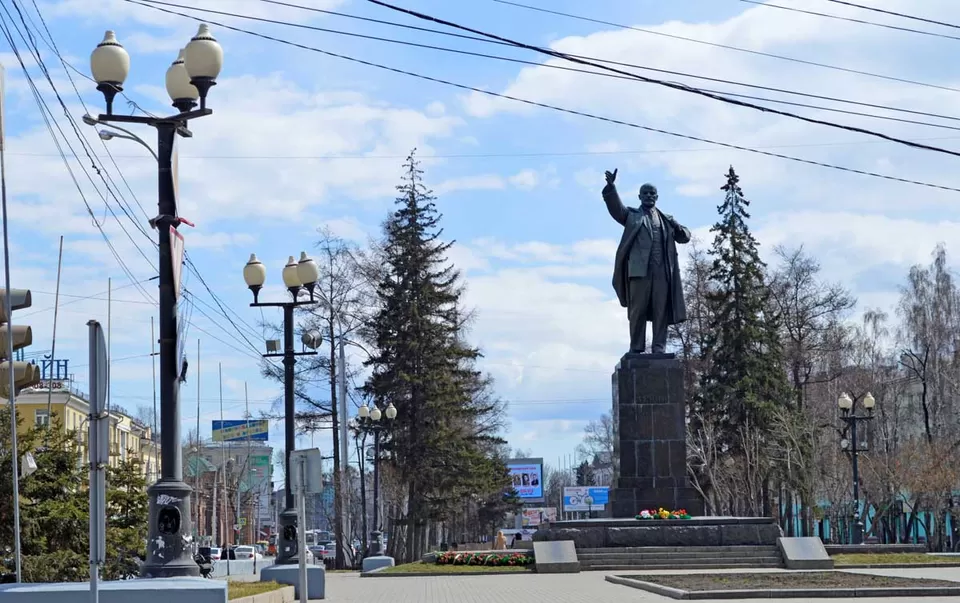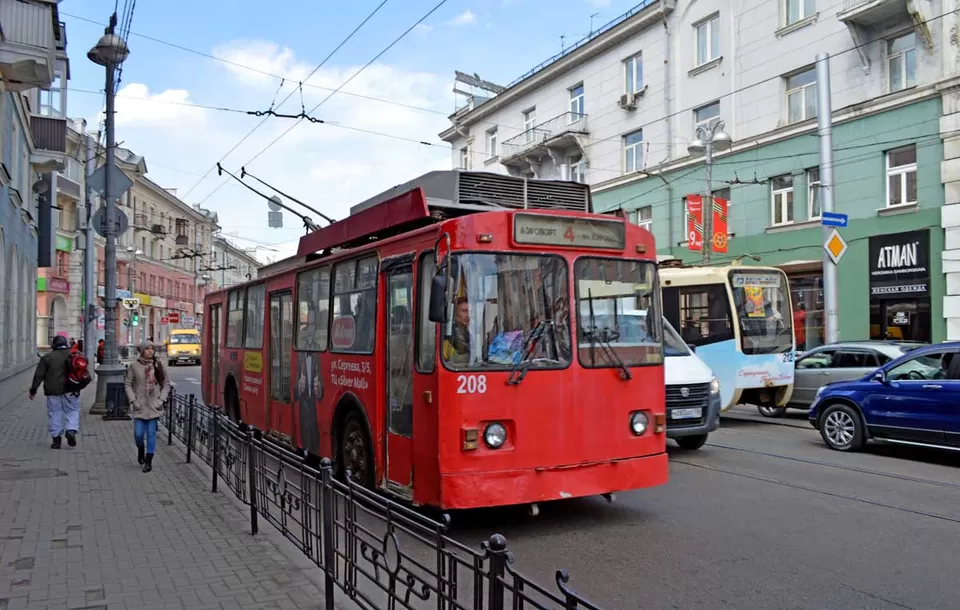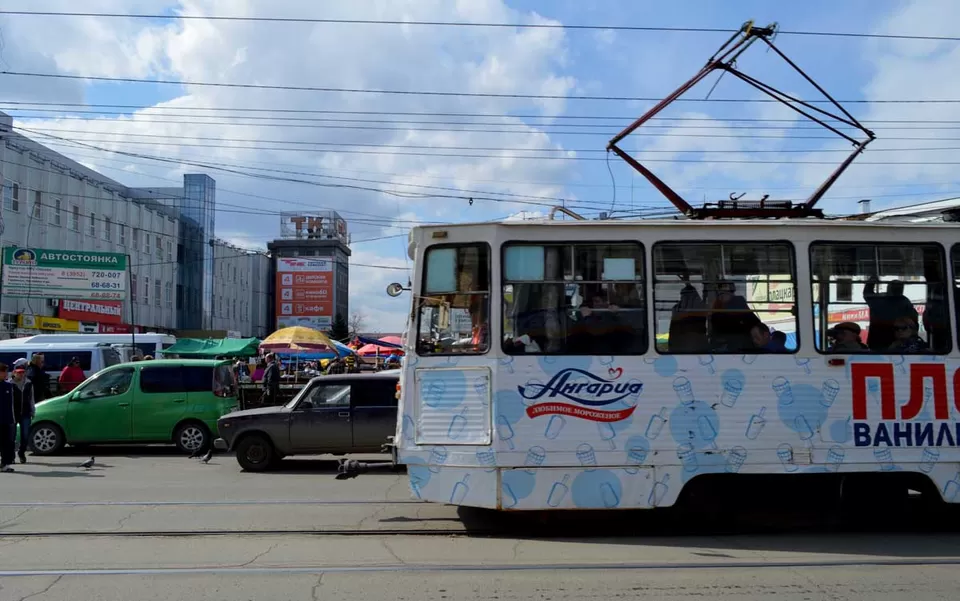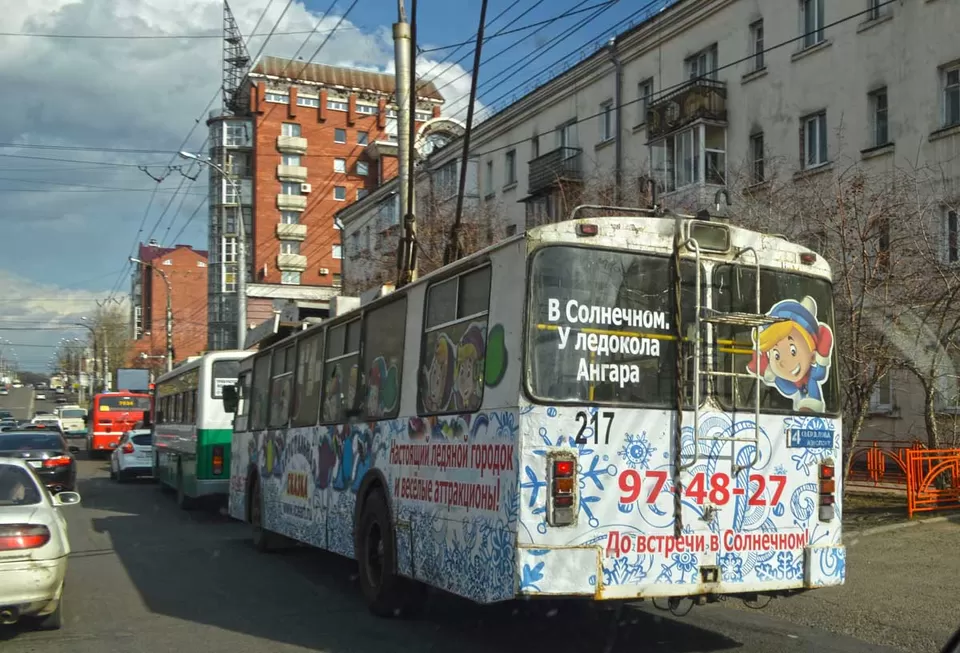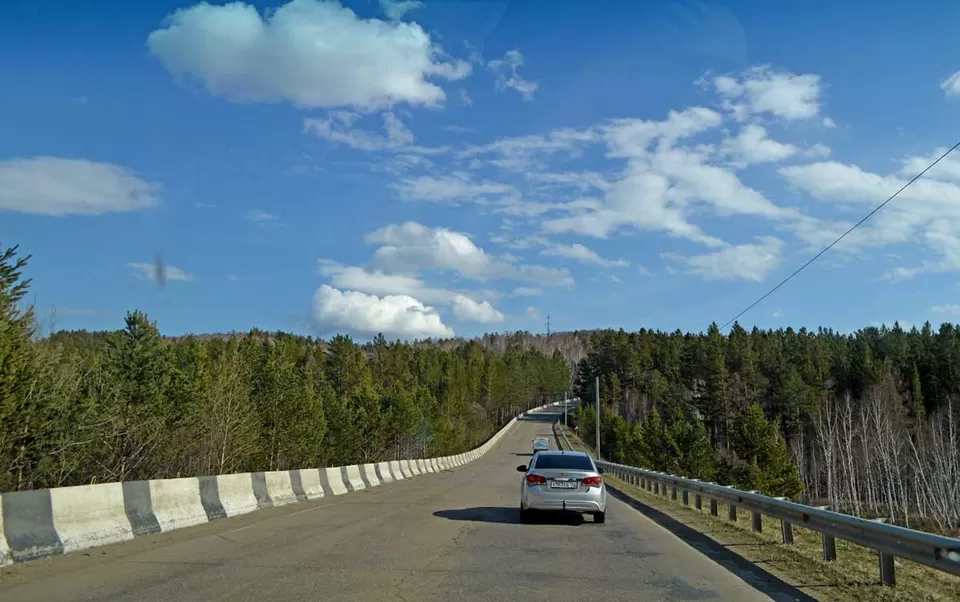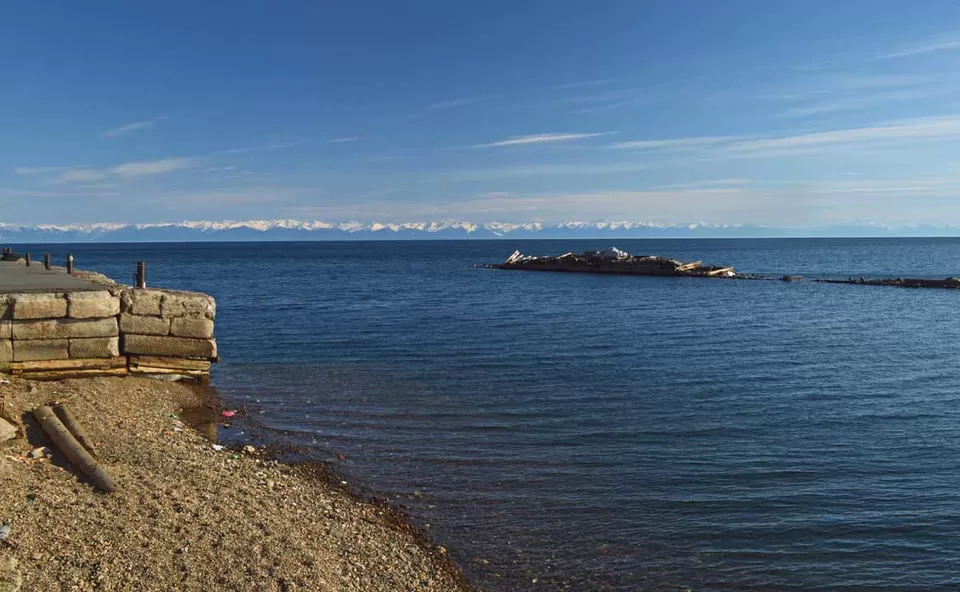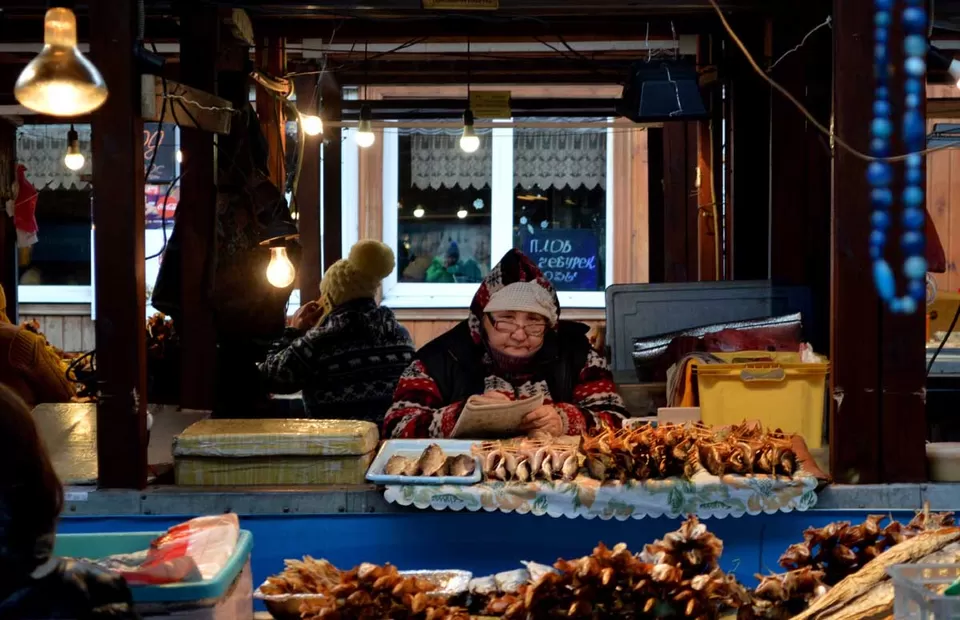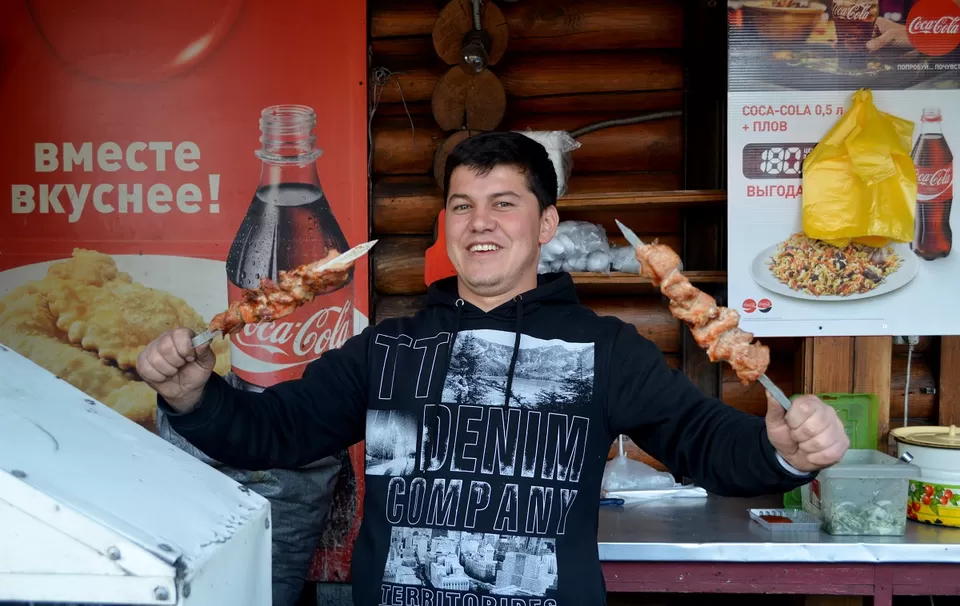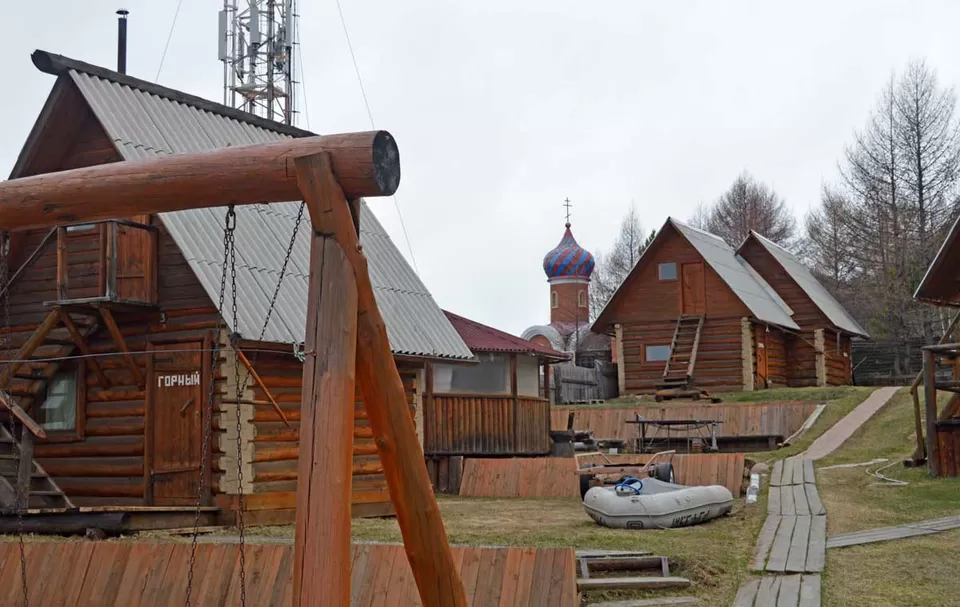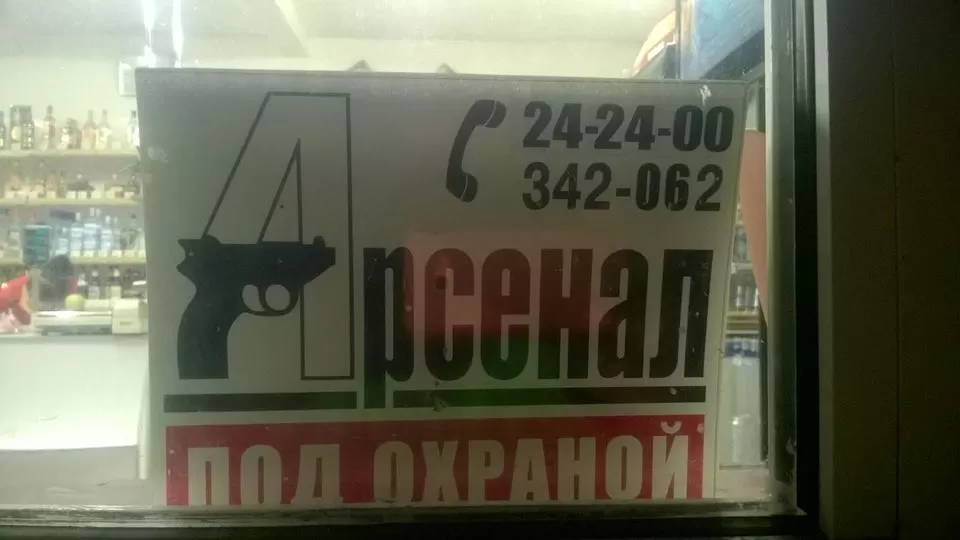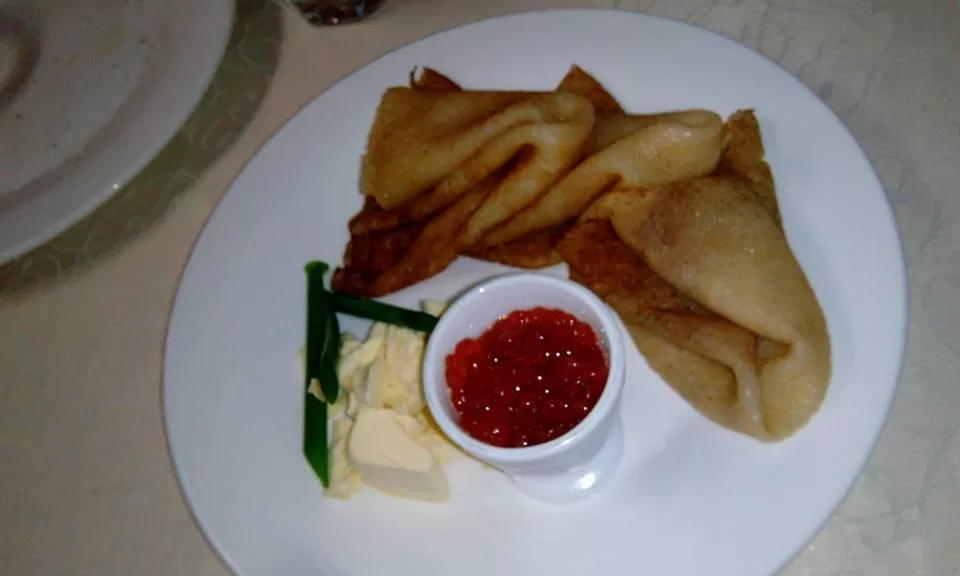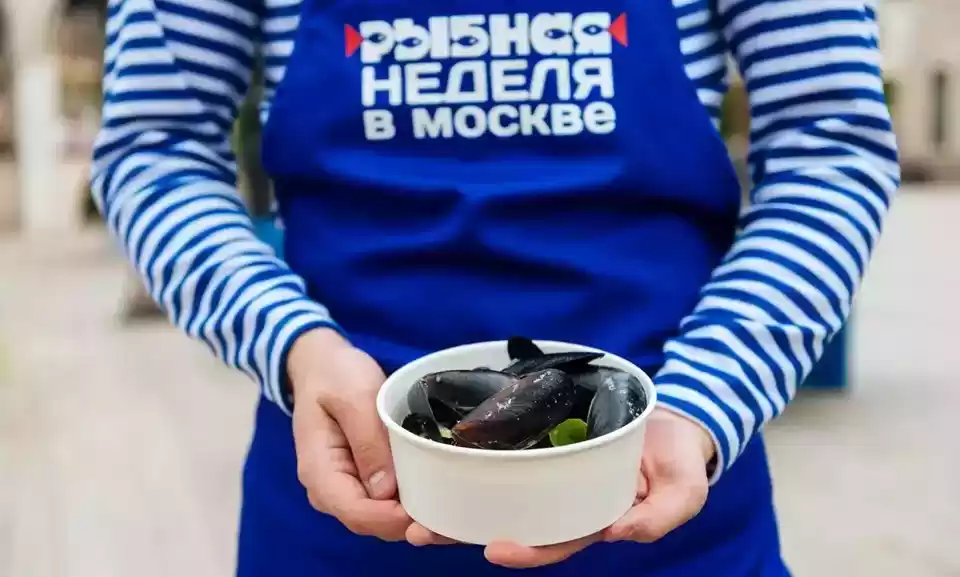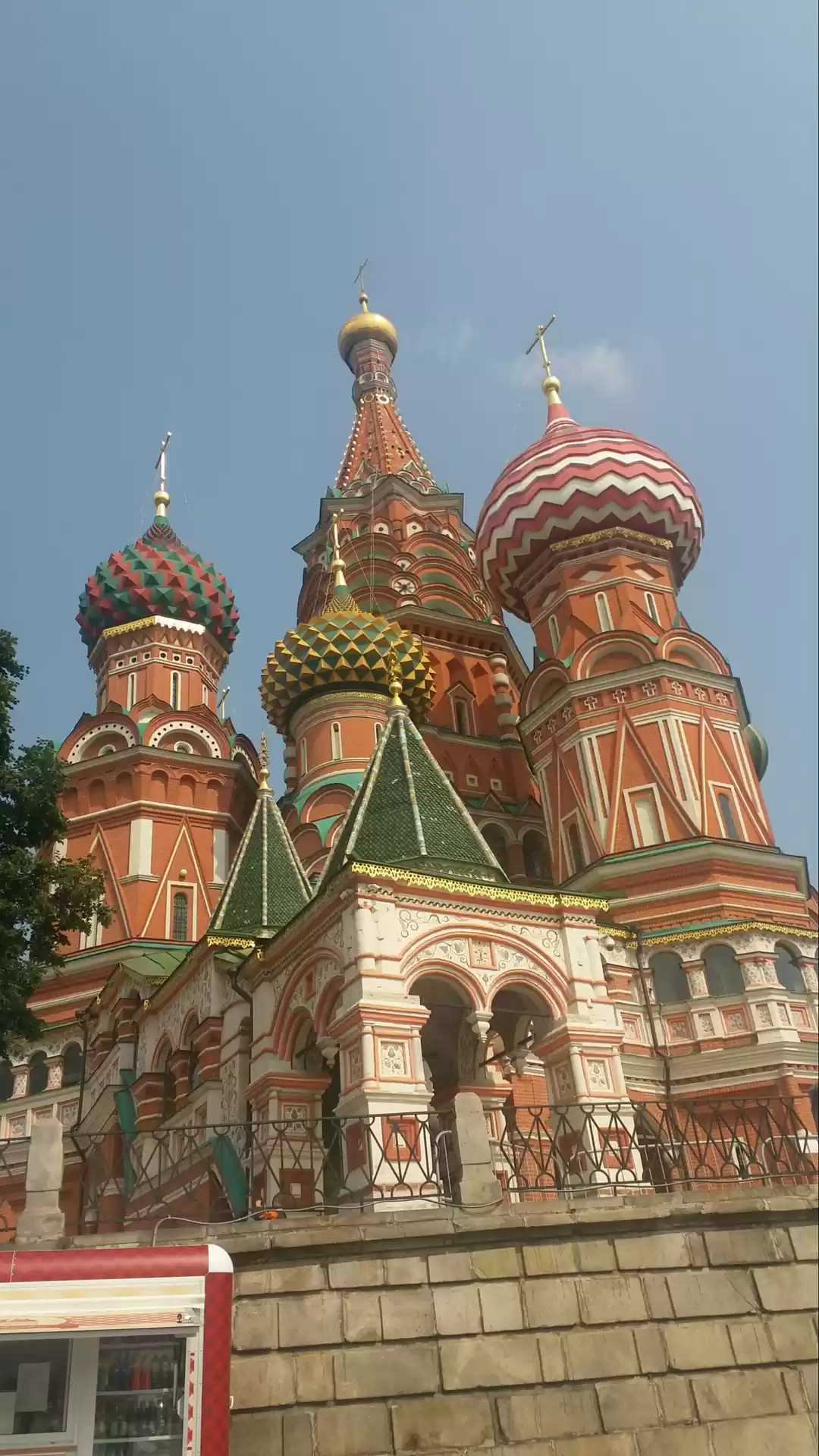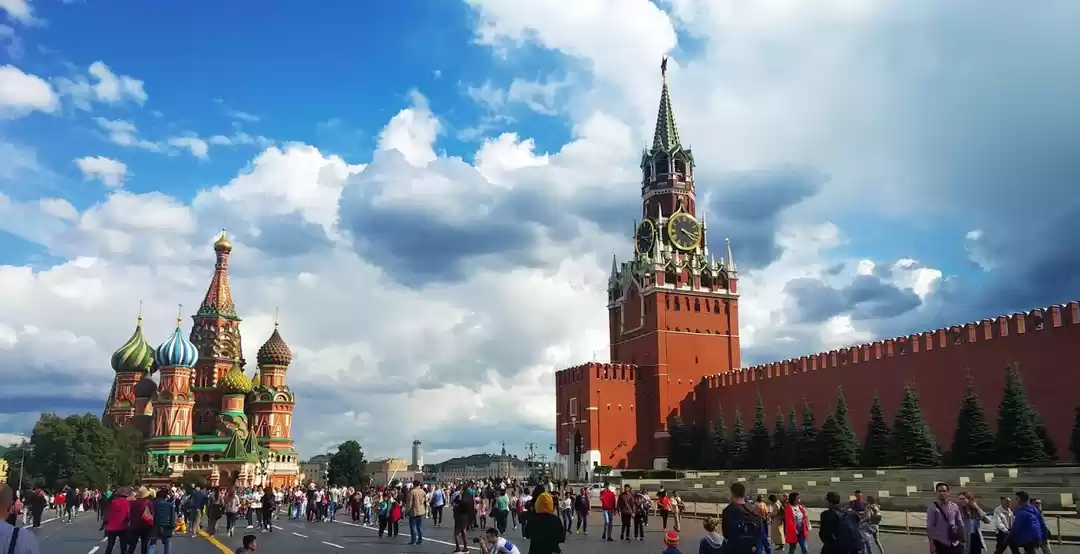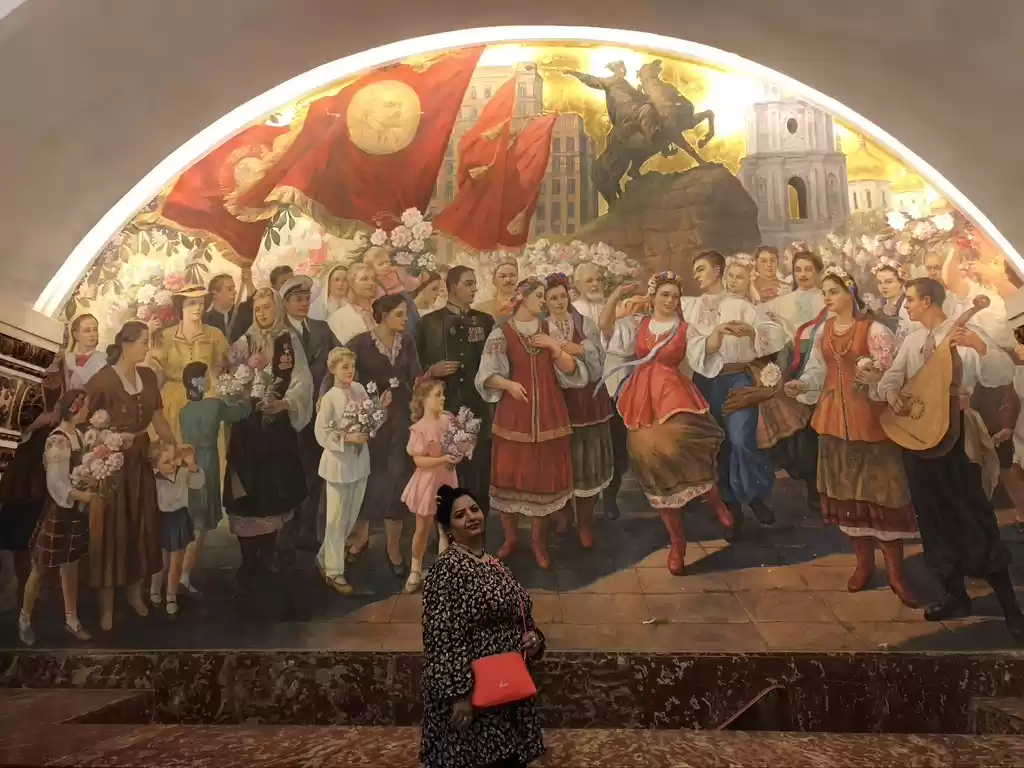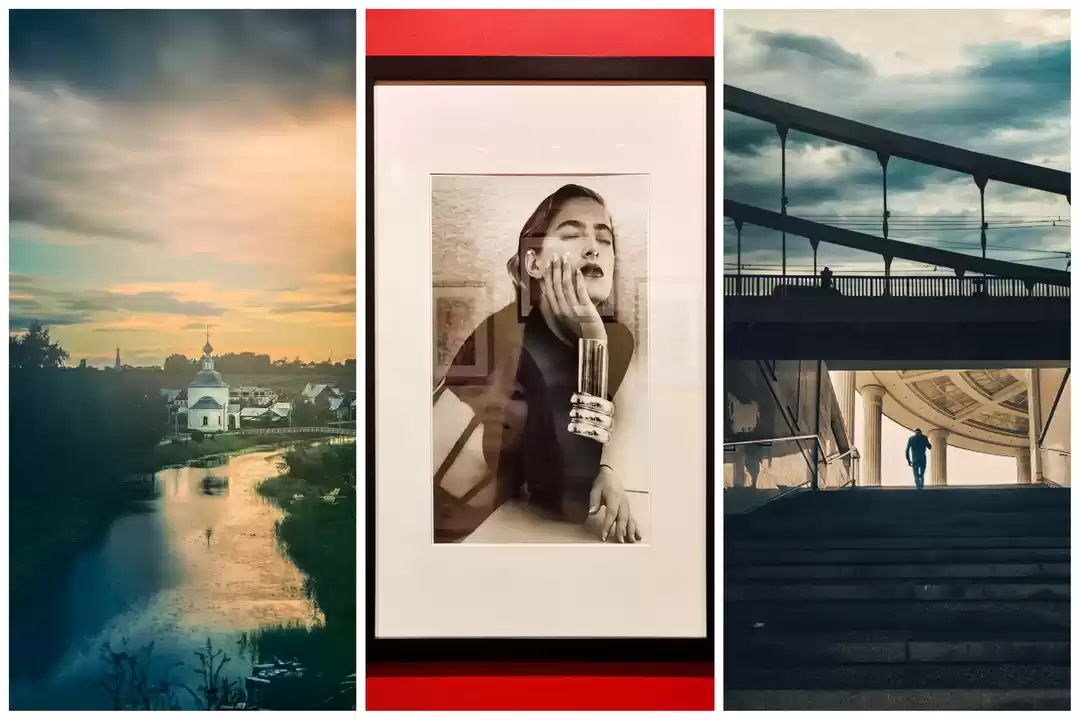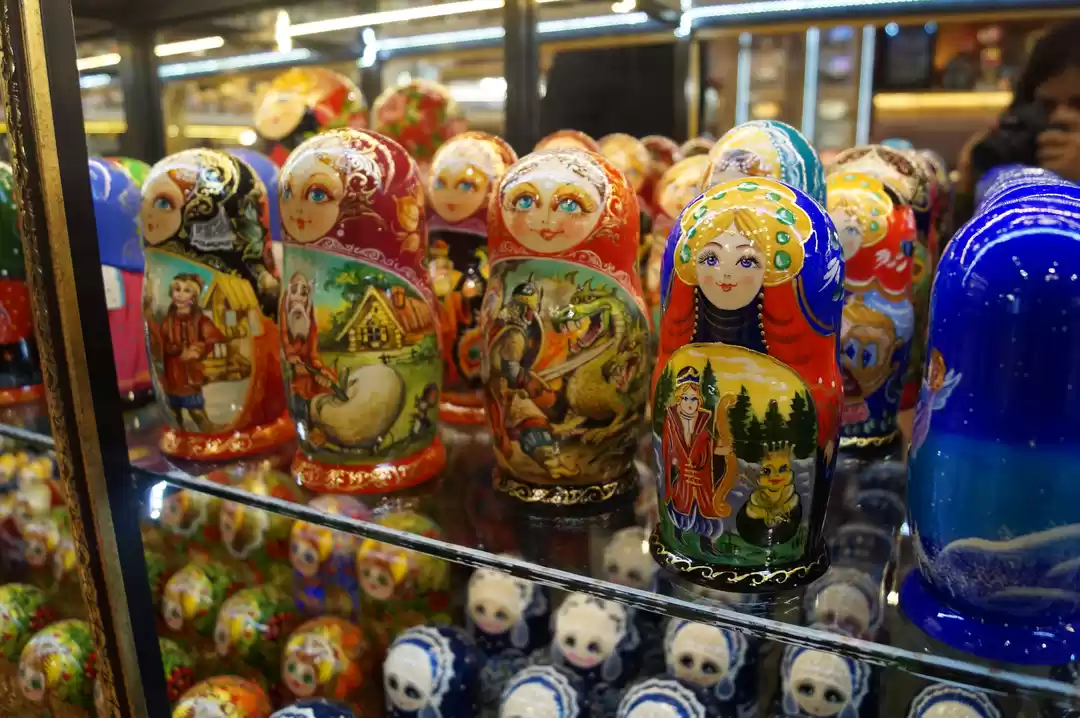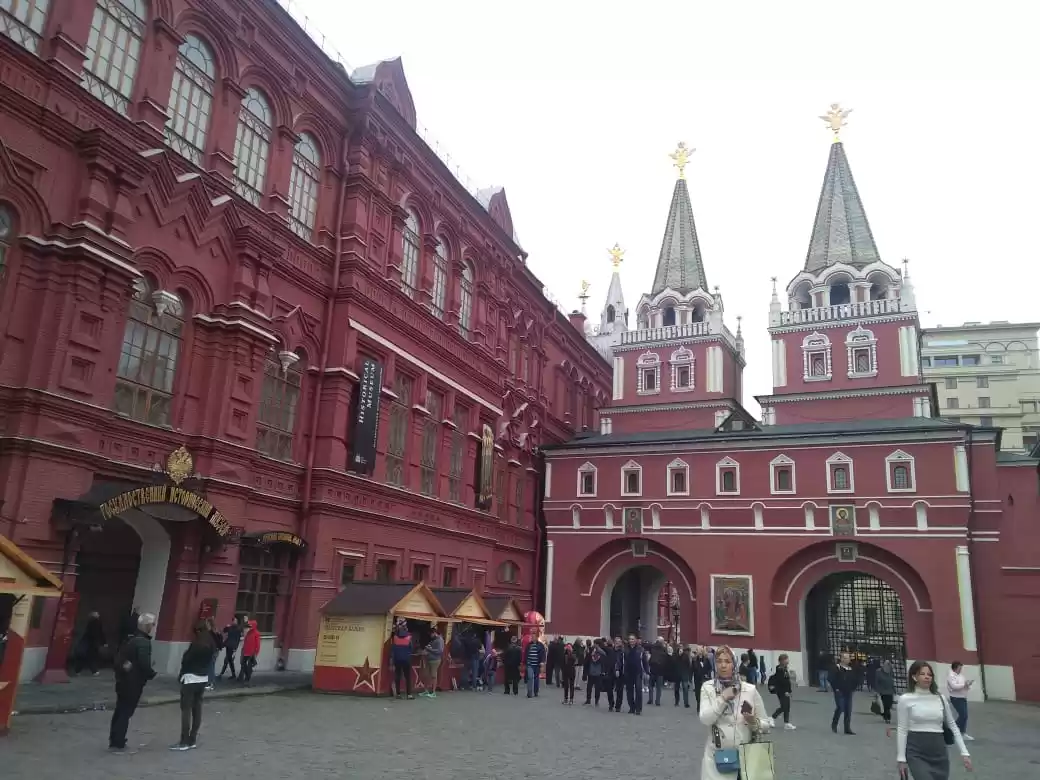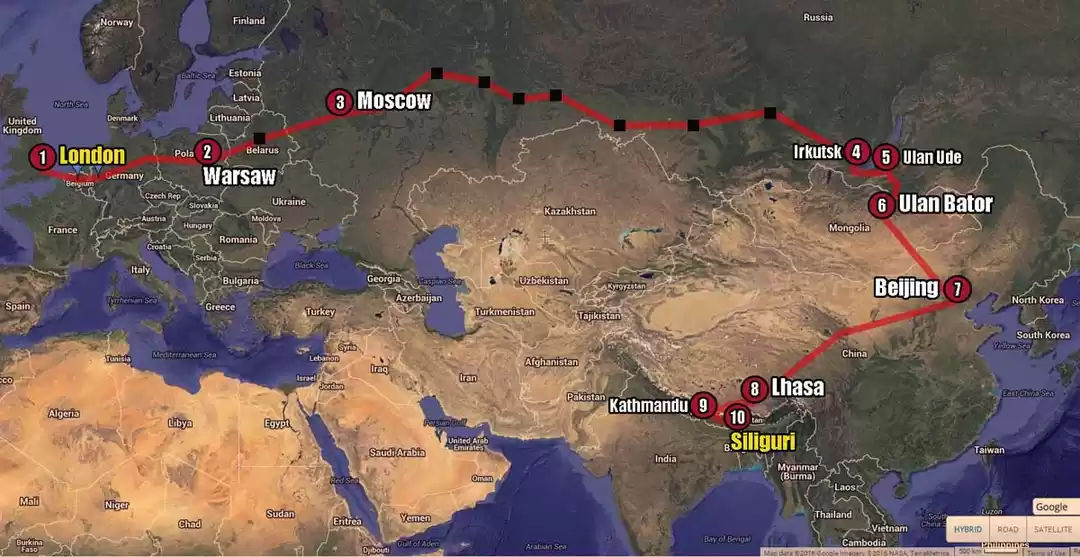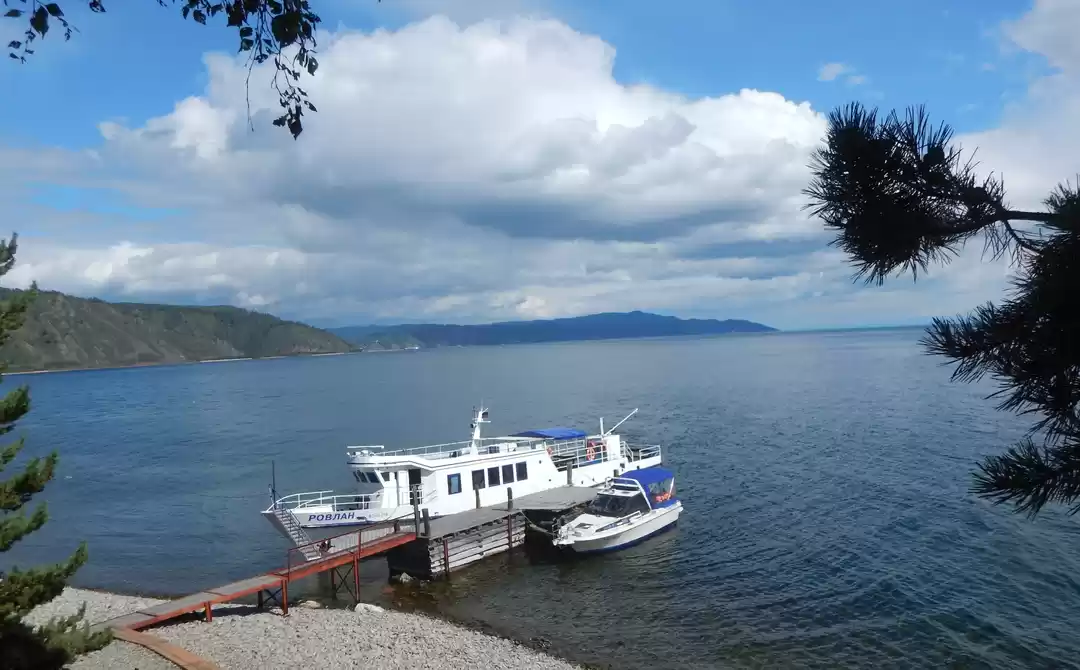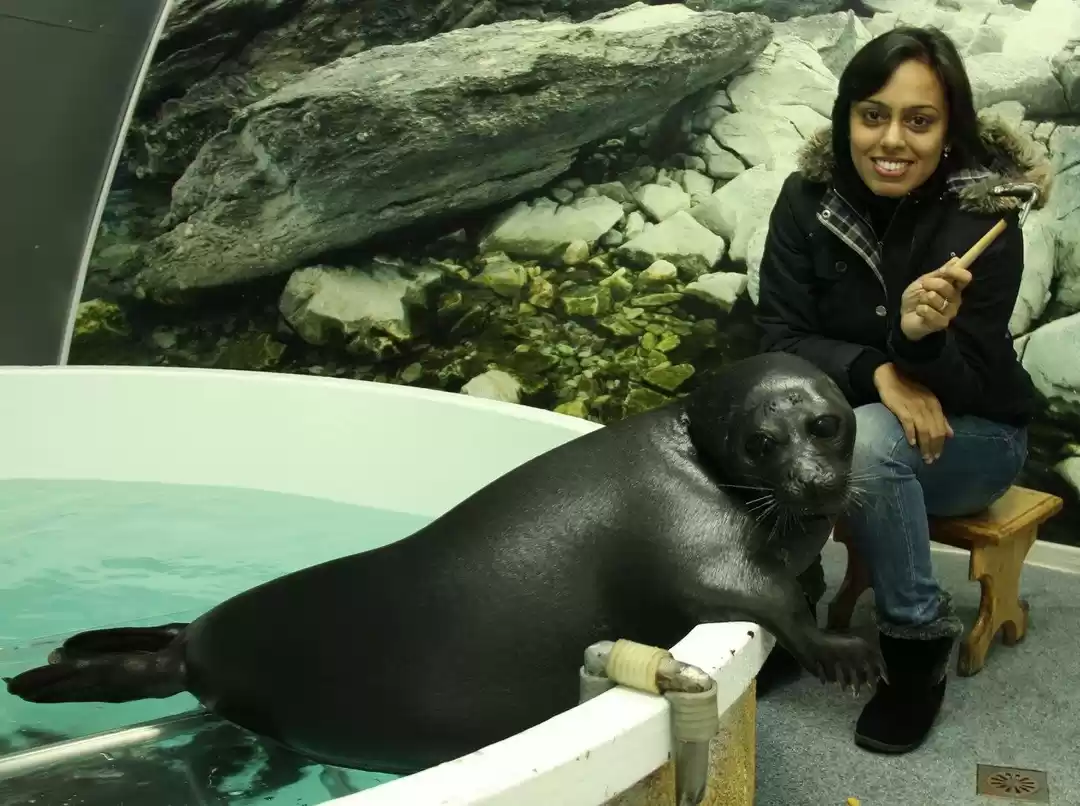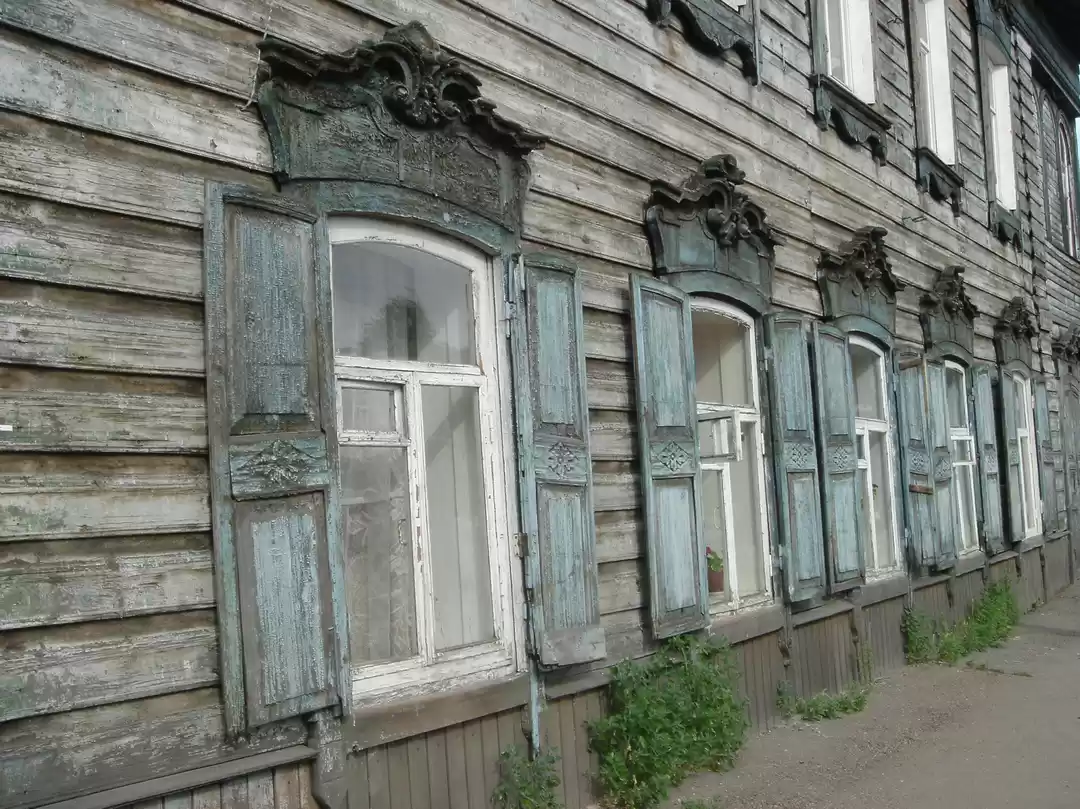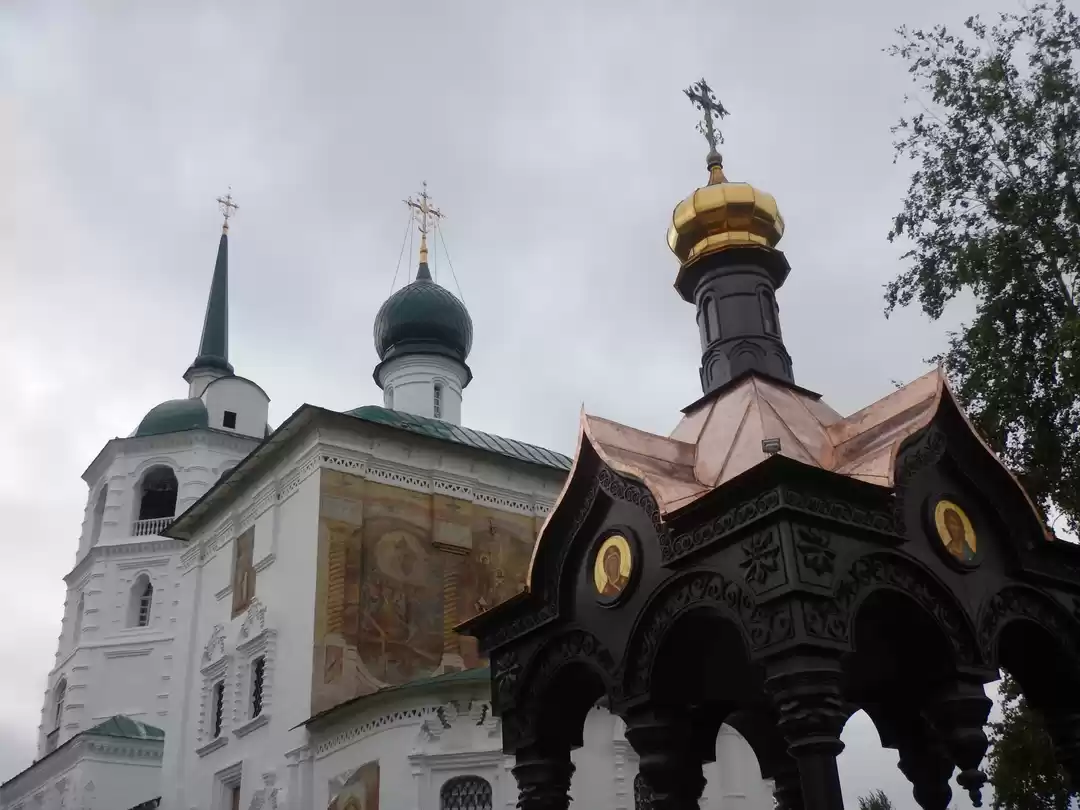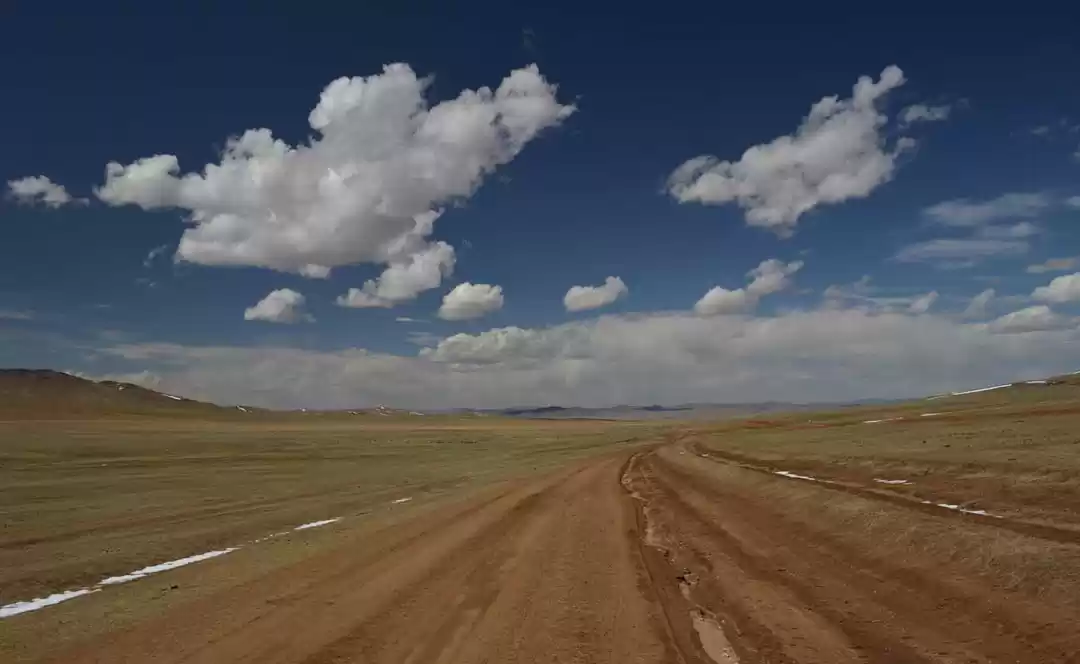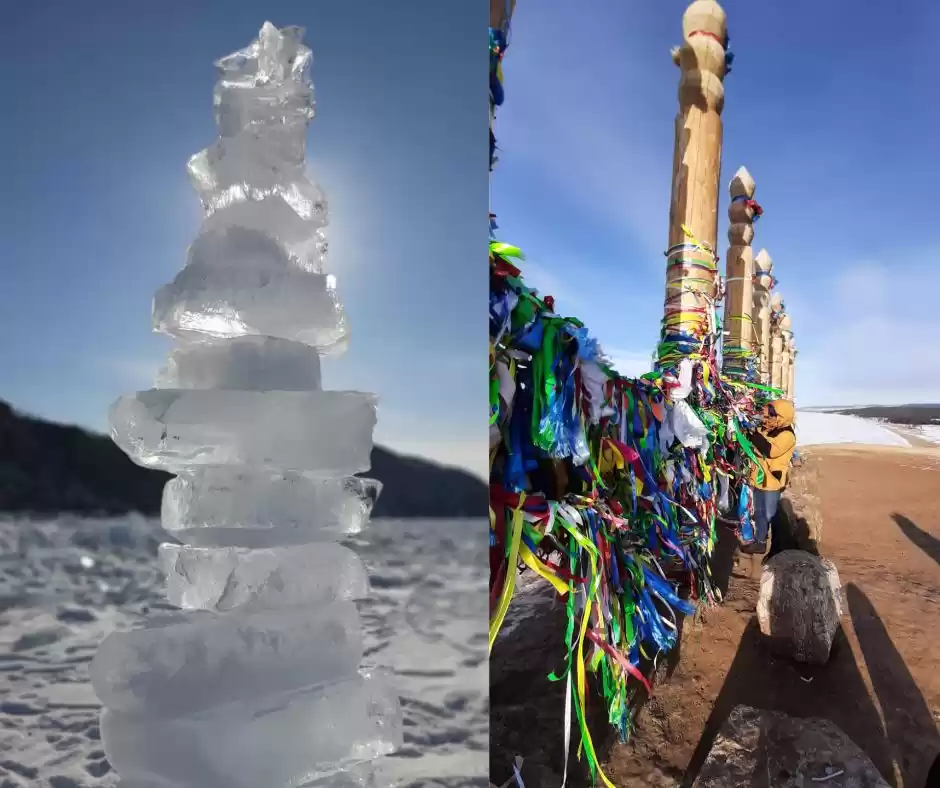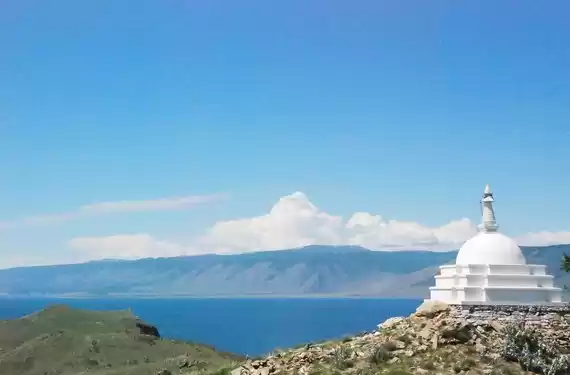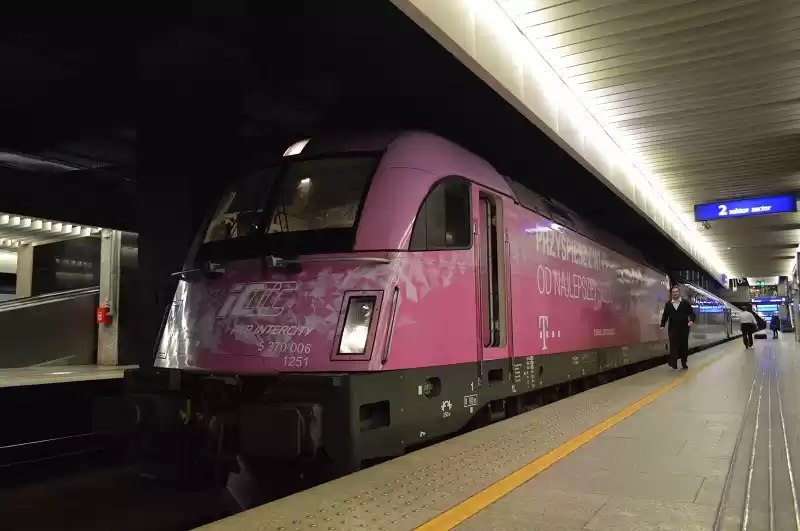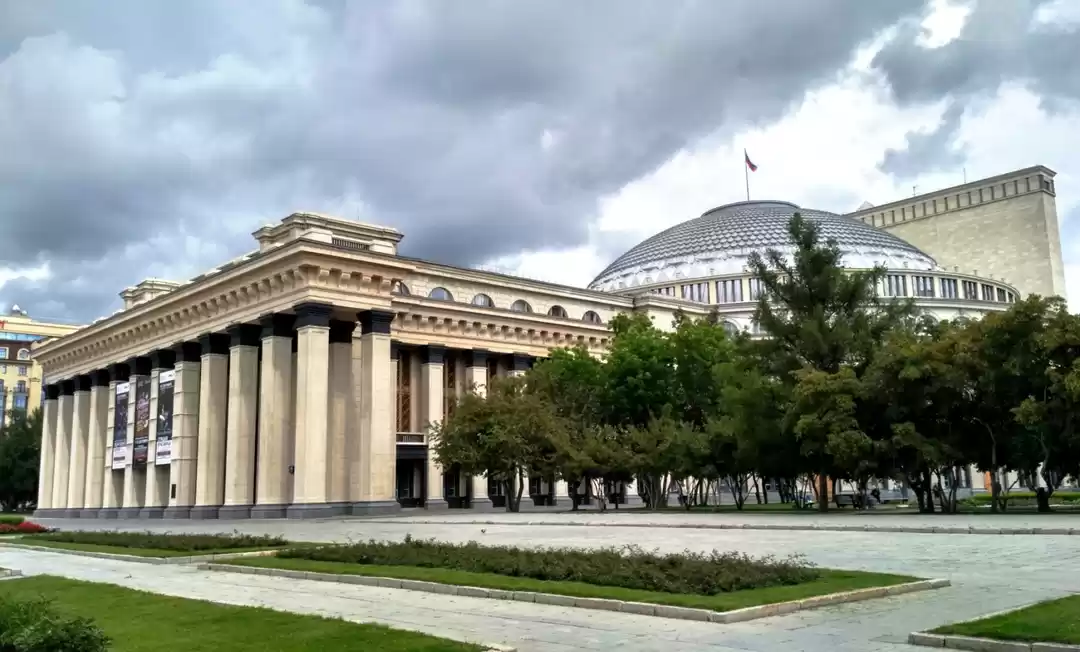
In April-May 2016, My wife Beena and I, traveled from London to Siliguri (India), mainly by trains. We crossed ten countries, 17,500 km, crossed under the English Channel, crossed the Aral mountains, the great Siberian plains, lake Baikal, the Gobi desert, the great wall of China and lastly the Himalayas to reach home. This is the second leg of the journey - Moscow to Lake Baikal via Siberia.
"There was once a man who dwelt in the forest by the Blue Mountains. He worked very hard but there was always more work to be done and he had no time to go home for his holidays. Finally, when winter came, he felt so terribly lonely that he wrote to his wife asking her to come and visit him with the boys. He had two boys: Chuck and Gek. They lived with their mother in a great big city far, far away—there was not a finer city in the whole wide world. Day and night red stars sparkled atop the towers of this city. And its name, of course, was Moscow." - Chuk and Gek by Arkady Gaidar, 1939
Chuk and Gek was the first full length novel I ever read. I was probably seven at that time. It was a work of translation in Bengali. Thirty years later I was standing under that very Red star.
Seventy-seven years have passed since the book was written. Moscow is still among the finest cities in the world. Two wold wars have gone by. The regime of the 'red' has gone away. But the star stayed back, and still shines every night. I was about to find out how much has changed in this part of the world.
Winds of change have definitely swept across Moscow. Though, under the surface, the Metro is frozen in a time capsule. Hammer and sickle decorates the extremely ornate stations. Murals depicting the great October revolution decorate the entrances. On the ground, though, you see Volkswagen and Fords swarming the roads. There were many old trams and trolley buses too. As we stepped out of the railway terminus, a gigantic statue of Stalin stood facing a huge billboard of KFC. Demolitions of old building blocks were carried out at many places, and new skyscrapers coming up on other sites. As we followed the Moskva (yes, down to Gorky park), we could see the business district with chrome and glass towers dominating the skyline.
Communism has gone away, paving way for a fiercely capitalistic Russia. But what remained is the ideological gap with the 'West'. It is a time when there are many sanctions imposed on Russia. There are huge tensions, not only between the governments, but also among ordinary people. We met a British traveller who divulged that getting a Russian visa is a huge task for British people now. An American backpacker said she was denied a place to stay on a Railway property because American citizens are officially not allowed to stay on government premises.
In three days we explored the sights of Moscow. The Kremlin, the Red Square, the memorials from the Soviet Era, the Sputnik memorial. We walked along the Moskva. We spent hours in the underground, exploring the magnificent stations. We met some interesting people, including a Diamond miner from the far eastern Siberia (Yakutz region) who offered to sell some black market diamonds. But ours being a whirlwind trip, time had come to move on.
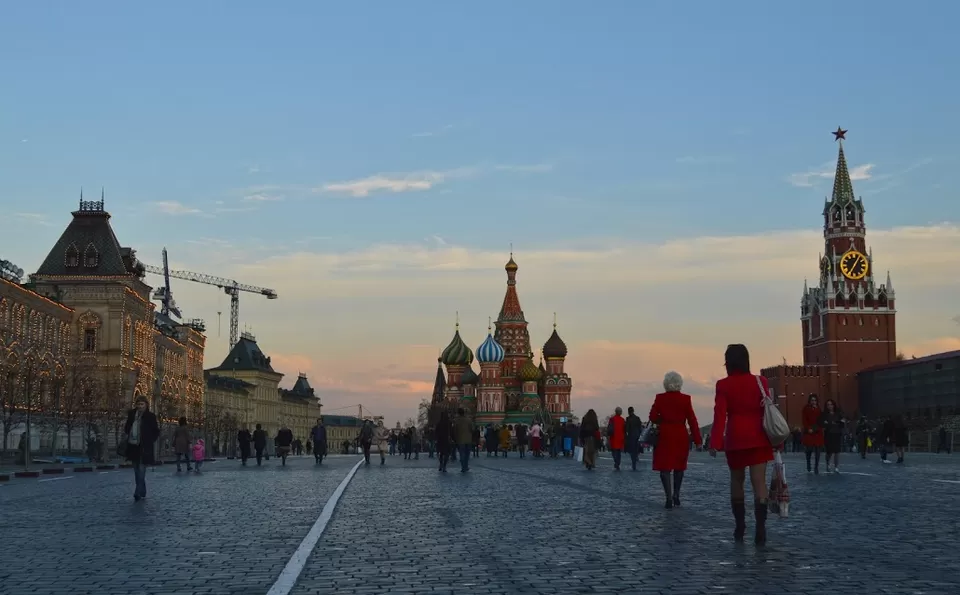
We shopped for the next leg of journey, four days on a train. We stocked up enough cup noodles, bread, cheese, canned food. And tea. And then, just before midnight, we reached the Yaroslavskaya station. At 12:31 A.M. the longest running train of the world, RZD #100 - the service between Moscow and Vladivostok left the platform 3. At the edge of the platform lies the 'Zeroth' mile post, marked the Centenary 1901-2001.
On the first night the train was rather empty, our only co-passenger was a businessman travelling to Baku. Our berths in the 3rd class Passazhirsky (open plan sleepers) seemed comfortable enough to be our home for the next four days. Soon after the train sped up, leaving Moscow behind, we slept off on our berths.
Next morning we woke up in a tiny station called Sharwa. We were surrounded by pine forests and wooden cottages. As we traveled the whole day, we past countless similar villages, small stations. Small rivers, overflowing into the pine forests. The snow from the winter had partly melted, leaving a huge marshy land - the great Siberian slush. We feasted on mashed potato and sandwiches we made. Russian trains have abundant supply of hot water, to make tea and to cook pot noodles.
The train stopped on a few large stations where we could get down and stretch our legs. Adding to the delight we found some stray huskies. We bought some sausage to feed them, and made friends with a few on each station.
We made friends with a few fellow passengers, and the conductors of our coach - the two sweet ladies. In the evening a big group of school students boarded the train, they were on an excursion. We ended up playing some games and singing some songs together. It was late in the night when we finally slept. The moon was shining high up, above the pine trees.
By the morning, we had crossed over to Asia. We stopped at the first Asian city- Yekaterinburg - also the fourth largest city in Russia. Even though the name may not be too familiar with many, this is a major hub for business, transport and industries. The school children got off here. And we managed to convince the loco pilot to let us get into the engine!
After the children left, we got a new friend - and the only person we met in the journey who spoke fluent English. Sergei, in his late twenties, is someone living the life I could only dream of. He has worked in the Russian special forces - Za Spetsnaz- and we got the privilege to see the bat-on-moon tattoo on his arm. After leaving the special forces he studied geology and now works for Gazprom, drilling in the Arctic circle. It is a tough job - “Up in the north, we don’t get any good food. For thirty days we work for twelve hours a day. Every day. There is no internet and no mobile signal. But we get one month’s leave to go home”. We realised that he spends half of his month long holidays travelling on these trains as it takes him eight days to reach home!
By the night, we reached Omsk - another large town. In the meantime we learnt a lot about the life in Siberia. Firstly, most jobs here are for men - Logging, farming, oil drilling, coal and diamond mining and heavy engineering. Although there is a big presence of women in most other jobs - like the police and railways, shops and offices, there is still a big gap of employment. On top of that, most men work at very far off places, usually days or weeks away from home. The man with the bat tattoo - was a very soft spoken gentleman, who kept calling home, asking his mother to cook all the favourite food he has. He was also looking forward to meet the girl he has been messaging over the internet. Usually most young women are left with very few choices of jobs, and men. They keep waiting for them to come home! Often there are eye wetting scenes of goodbye kisses on the Trans Siberian. It all seemed like the novel from the childhood!
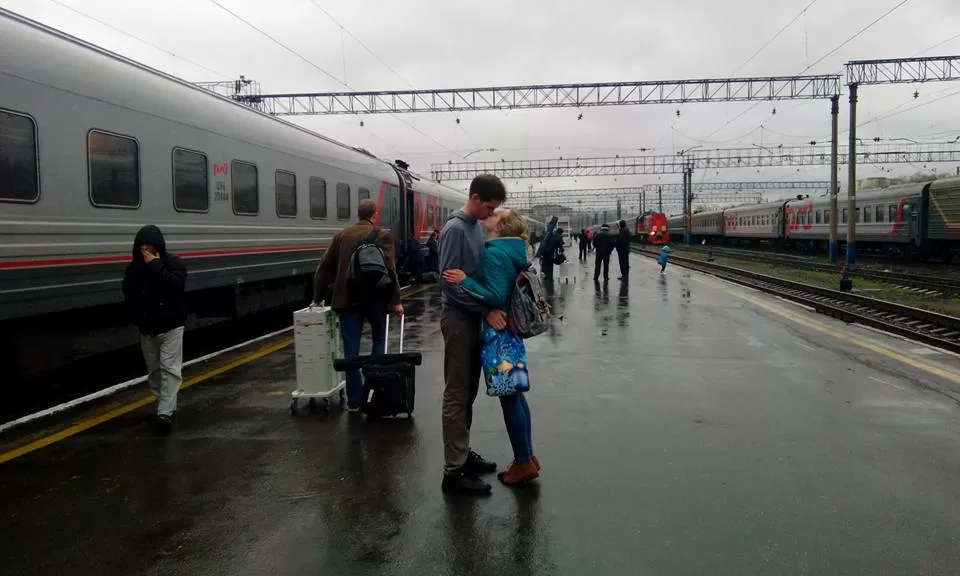
At Omsk, a few slip coaches were added to the train. Lot of people left, a lot more got on. It was busy as ever. We were in the middle of a parallel world! Geographically we were exactly north from New Delhi, we were at the same time zone as India.
Next morning, when I woke up, it was still very early morning. We had stopped on a station named Barabinsk. I hopped out to take a stroll and stretch my legs. I had made friends with some Russian soldiers the evening before. One of them nodded and smiled at me as we passed each other. Suddenly an old man emerged from nowhere, and with a frown on his face he asked me – “Hindi?” (Indian?).
“Da!” (yes) I answered.
A smile spread on his face, and he almost giggled as he said “Aaah, Hindi! Mazboot mazboot!”
Then he walked away, wobbling. He was not sleepy. He was high on vodka! Yes, it is perfectly normal for men (and women) to be drunk on Vodka at 7 a.m. on this train. All along the day, whenever we met, he slapped my shoulder and exclaimed "Mazboot! Mazboot!"
It was our third day on the train. Through the day, we travelled across the legendary pine forest of Taiga region. It was always a dream to sled across the forest in the snow, drawn by dogs. That dream still needs to wait. But simply stepping out on the Taiga station gave me enough goosebumps. After crossing the forest of Taiga, we bode goodbye to our Spetznaz friend Sergei. We got to meet his father, who was eager to meet his new Indian friends. Everyone is well connected over 4-G network now. Gone are the days of Chuk and Gek when telegraphic messages crossed the snow covered Siberia over weeks, to reach Moscow.
It was turning out to be another routine day on the train. But just like an action movie, we ended up witnessing a fight. One of our upper berth neighbour was always in a vodka saturated state, and he went around annoying pretty much everyone (including us). And he started an argument with a bunch of teenagers who had boarded the train on the third day. He had taken a fight with the wrong people, we learnt they were the regional kick boxing group travelling with their coach. Once their coach turned up at the scene, a few professional punches landed on this man's jaw, and we saw his teeth flying away. We were the witness and we gave our official statement to the police, using our mobile phone translators. They decided that the respectable coach did the right thing, teaching the drunkard a lesson. We soon became very good friends and took some pictures together while the defeated man lay on top.
In the evening we threw a going away party for the train staff! After all we had become good friends, and a great journey always call for a good celebration. We were joined by some more who were already there in the dining car. And our Mazboot friend from the morning, dropped in, and took some pictures of ours (I am guessing he has his own travel blog!). He checked the pictures and nodded, and after saying "Mazboot Mazboot" he walked back to his cabin. The manager of the restaurant car was from Uzbekistan. She sang a few lines of 'Indian song' for us - Goron ki na kaalo ki ... Duniya to dilwaaalo ki...
Next evening we reached Irkutsk. This was only half way for the train, which left us and continued towards the far eastern port of Vladivostok. After four days in a train, without a shower, we were a bit hasty to reach our hostel. As two friendly looking Russian guys approached us and offered the metered taxi, we did not have anything to suspect. However the 1.2 mile journey seemed way longer, the guys did not speak Russian, but in the end we reached our hostel on Lenin street. And that is when their spurious Chinese meter showed us 5000 Rubles, and they refused to open the boot if we do not pay up.
"Give dollars, dollars" - one of them shouted. By that time I asked Beena to walk into the reception or look for a police car, while I blocked the car from driving away. I managed to give away most of the money to Beena as she walked off, and I managed to bargain it down to 1500 Rubles.
Bargaining with Russian hooligans - checked.
Our accommodation was basic but comfortable, we were only to sleep for the night and then set off for Lake Baikal in the morning. After days we were sleeping in a bed that was not rocking along with the train.
Irkutsk seemed to be frozen in the USSR era. Every street was named either after Lenin or Marx or Stalin. There was a large statue of Lenin in the central square. It also boasts of great wooden architecture. Streets are filled with Soviet era rickety trams. We took one of those to get to the bus station. We saw more Japanese and Korean cars than European ones. Funnily, most cars were right hand driven here, as they are imported as second hand cars from Japan and not intended for Russian roads. No one seemed to care. The market surrounding the bus station seemed very Asian in nature. Flowers and spices were being sold along with Chinese jackets and hats.
However, Irkutsk is distinctively European in looks. Even being 5300 km from Moscow, the place was European in almost every aspect. Although the western aspects were fewer than Moscow. We saw more Ladas than Volkswagen for example. We saw more Soviet trams and Trolley buses in the City of Irkutsk than we saw in Moscow.
The history of the city goes back to the seventeenth century. Back in those days, it was a centre for fur trading. By the mid-eighteenth century, it was a bustling city. A major stop between the Russian and Chinese empires, it was strategically located to be a trading hub. Gold, diamonds, fur and timber came from Russia. Silk and tea came from China. A vibrant economy existed here. And it still does.
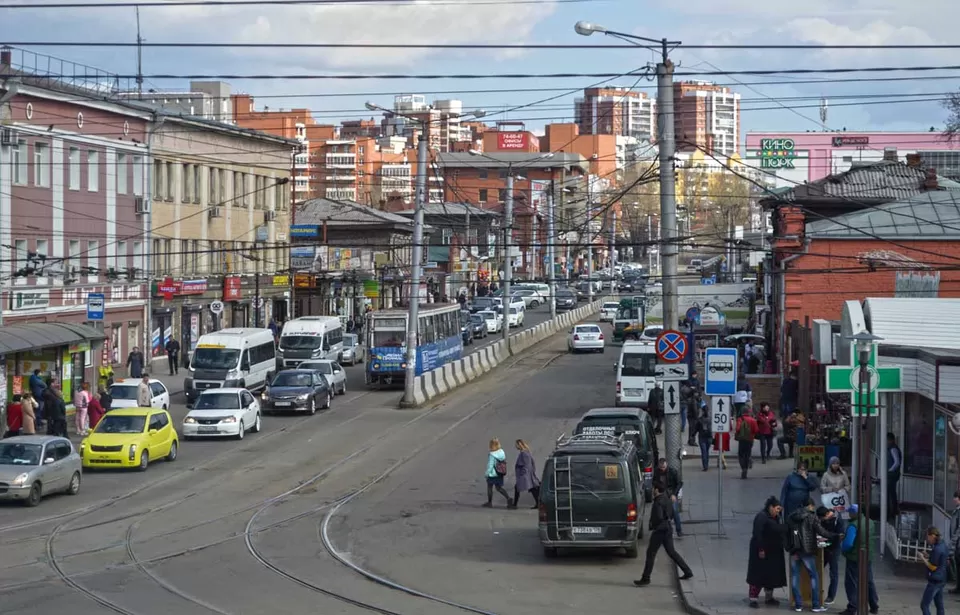
Our minivan soon left the city limits, and we followed the beautiful road amidst the pine forests to Listvyanka, our end point for this leg of the trip. In an hour we were relaxing (read: Freezing ourselves silly) by the lake Baikal. The lake was still semi frozen on the other side (which is on the next leg of the journey). On the eastern side we could see snow capped mountains, which we would travel to in a few days time.
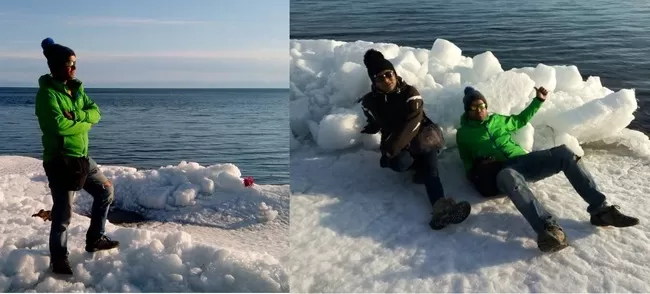
Lake Baikal is the favourite of quiz masters and geography teachers. Because it is the deepest lake in the world and they love asking you that. However, it also contains the maximum volume of fresh water among all the lakes in the world. It actually holds 20 percent of world’s liquid fresh water. This lake formed 25 million years ago, making it world's oldest freshwater lake. These are the facts rarely asked in quizzes. We were deep inside North East Asia, and we were further east than Bangkok. Did your geography teacher ever tell you that Lake Baikal is located to the east of India and not to the west? Perhaps not.
Listvyanka was a sleepy village, we had a marvellous rustic wooden cottage right by the lake, where we lazed for a day. We decided to have a celebratory meal - so ended up in a upmarket restaurant and ordered pancakes and caviar! The lake looked deep blue, the other side looked enticing, and our feet were already itching to move on! We spent some time in the local markets, and the Baikal museum.
Officially the border of Europe and Asia is 17 km before (west) the city of Yekaterinburg – which is only 1800 km from Moscow. Realistically speaking, Asia starts only after crossing the Lake Baikal. We spent a day by the lake in the village of Listvyanka, on the western shore of the lake. The place was closer to the Russia I had imagined from the books from my childhood. Pine trees in snows, wooden huts with smoke billowing from the chimneys. Huskies barking at strangers (us).
The snow on the shores of the deepest lake of the world glistened that night. We were to set off again the next day. We had come a little over 8300 km in twelve days. We were only half way home.
You can read about our next leg of journey from Lake Baikal to Mongolia

